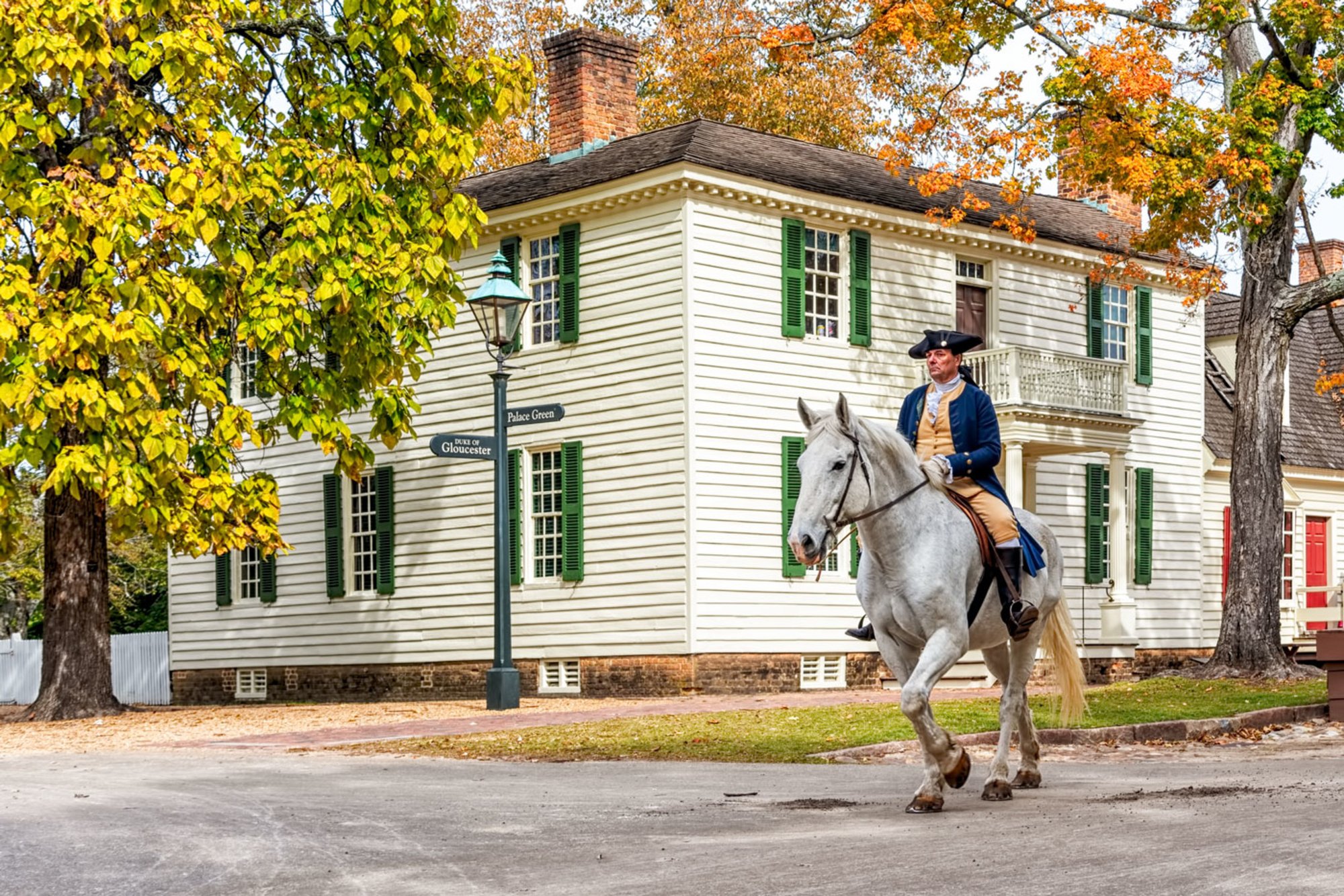
People of the Past
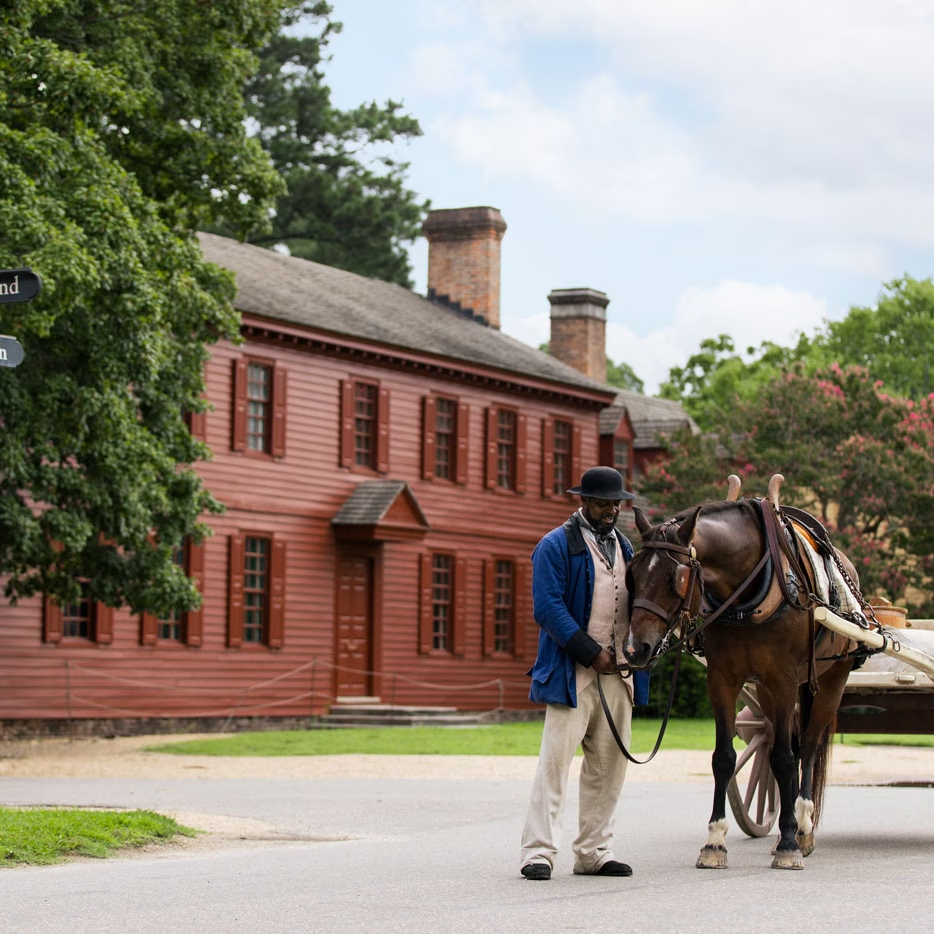
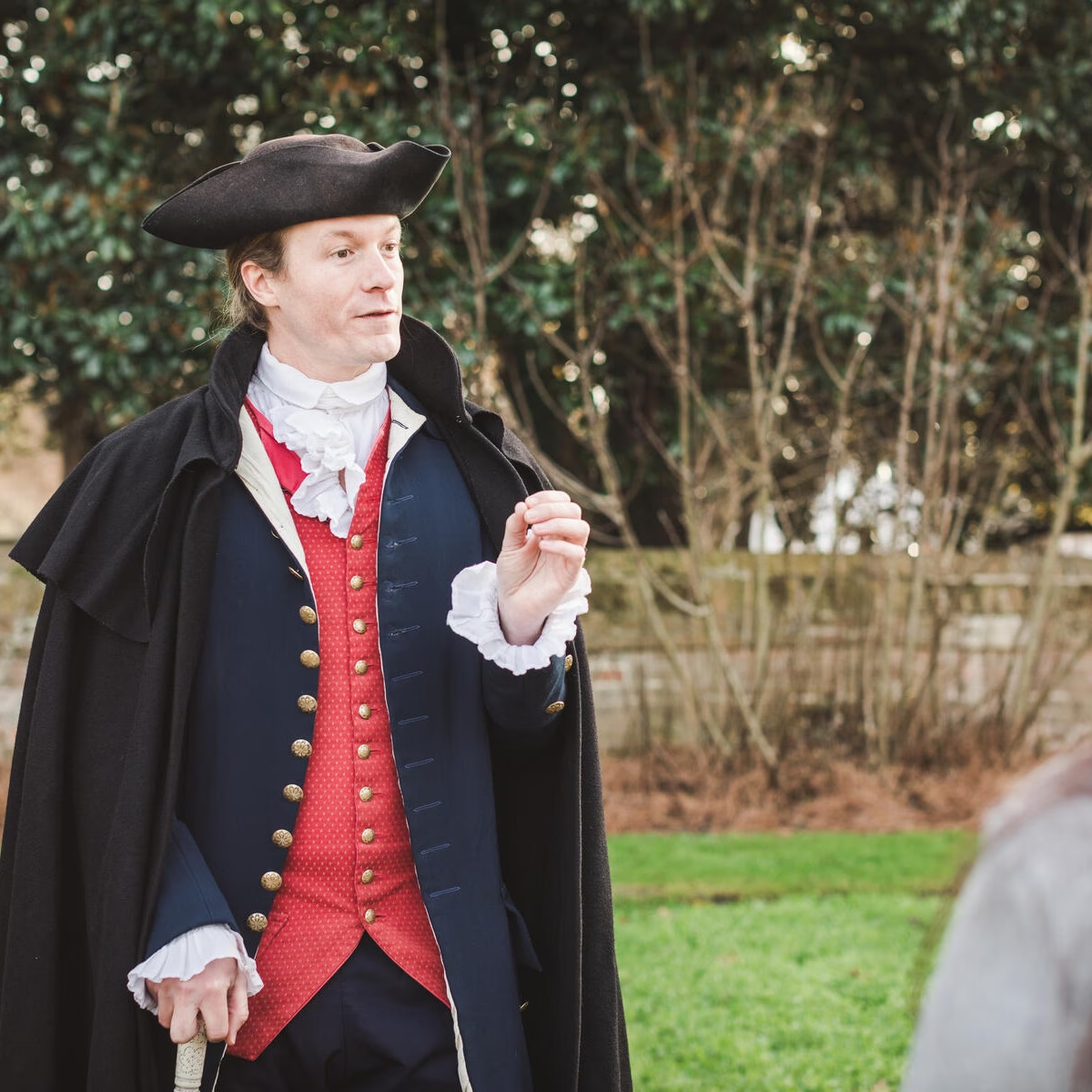
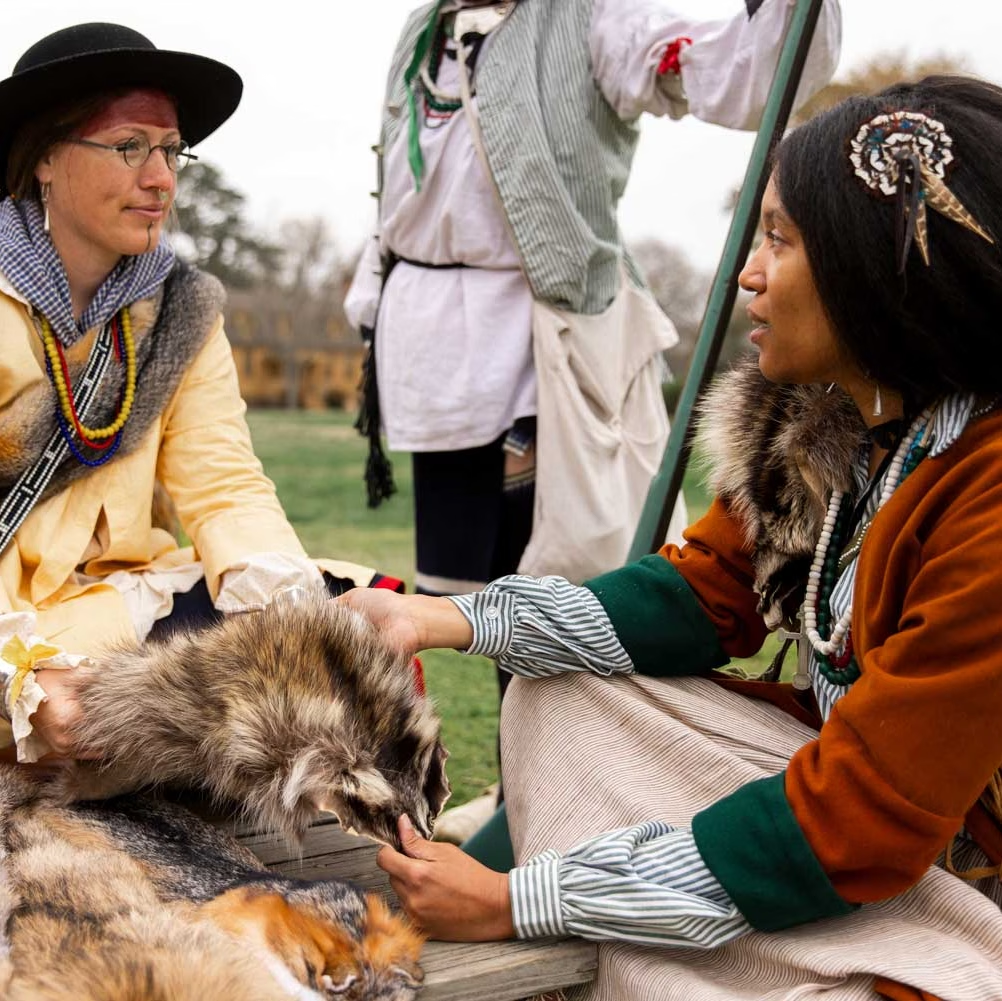
The
Foundational Story
Meet the Nation Builders, Mothers, Farmers, Field Hands, Brewers, Blacksmiths and Baptist Preachers.
Our nation’s origin story begins in Williamsburg. Here, in this capital city of Virginia, many kinds of people lived and worked together. Some had come by choice, hoping to find opportunity. Others were captured and brought by force. Indigenous people found their world upended by strangers. In Williamsburg, all kinds of people sacrificed, endured, and achieved. It was a community of aspiration and contradiction – and it became a crucible for revolution.
Story Collections
America’s Nation Builders
From recognizable names like Jefferson and Washington to people whose names did not grace your history book, meet the Nation Builders who helped shape their time and whose legacies continue to influence and inspire American ideals.
Patrick Henry
The Revolution’s most renowned orator
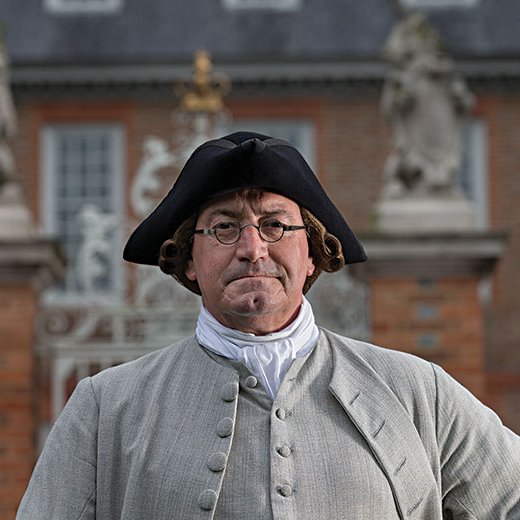
Thomas Jefferson
Author of the Declaration of American Independence and third president of the United States
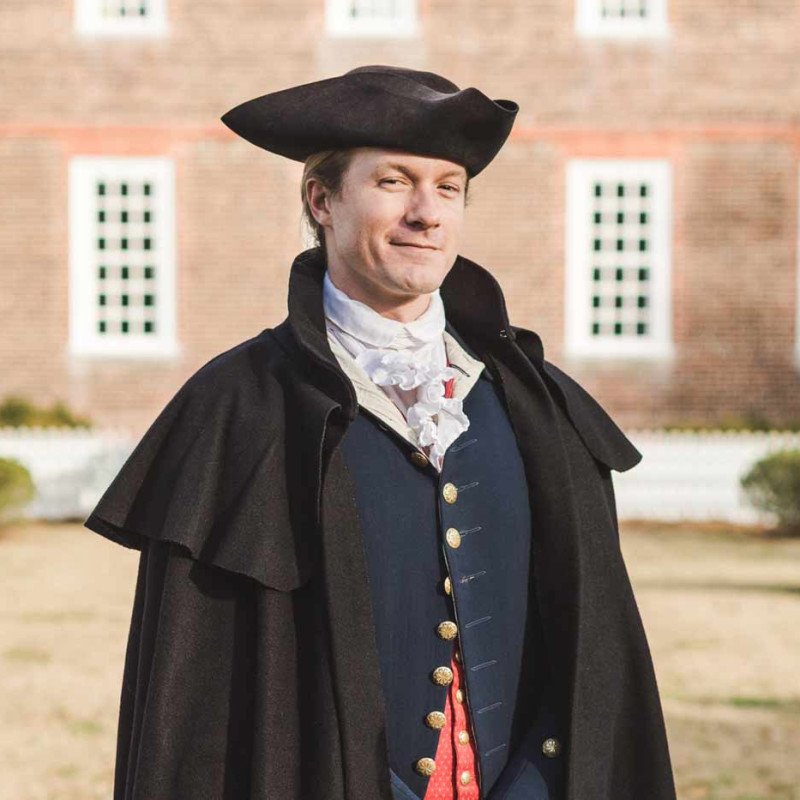
James Lafayette
Double agent during the Revolution
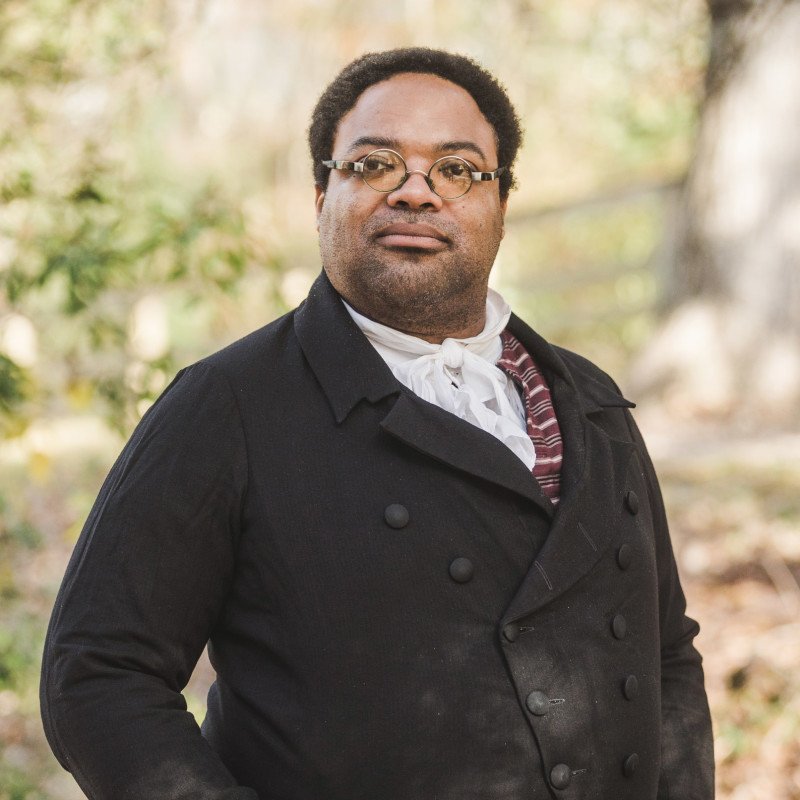
Marquis de Lafayette
Washington’s trusted French officer
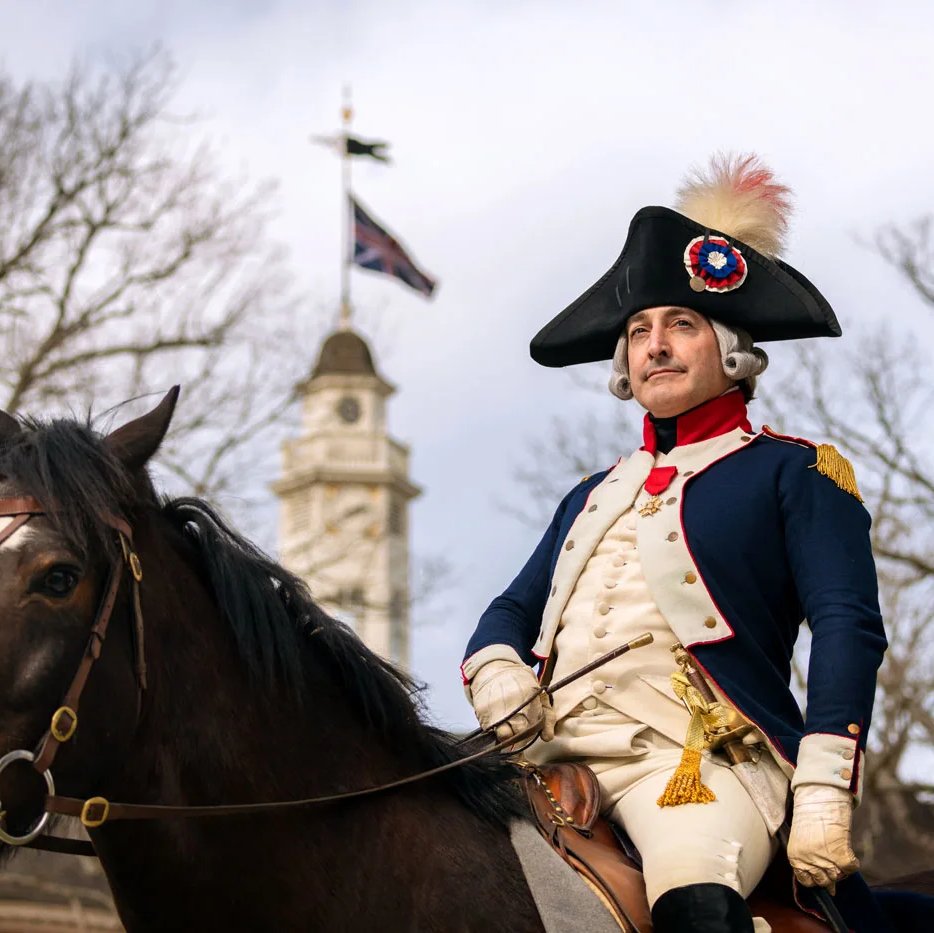
James Madison
The Father of the Constitution.
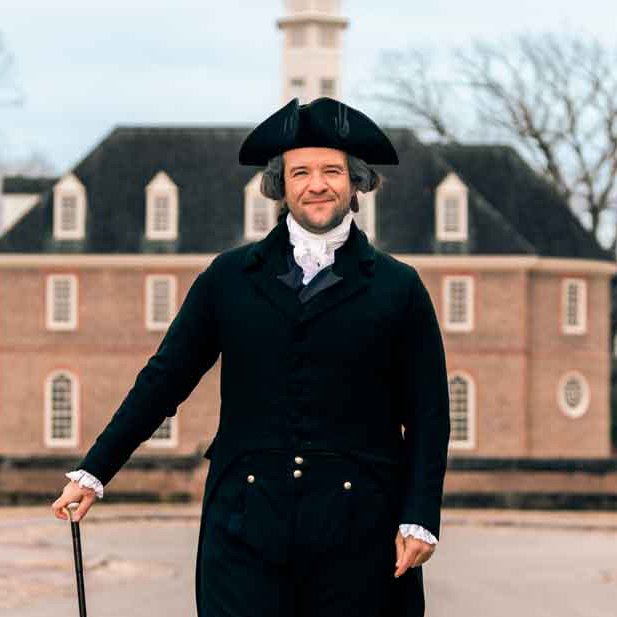
George Mason
Author of the Virginia Declaration of Rights
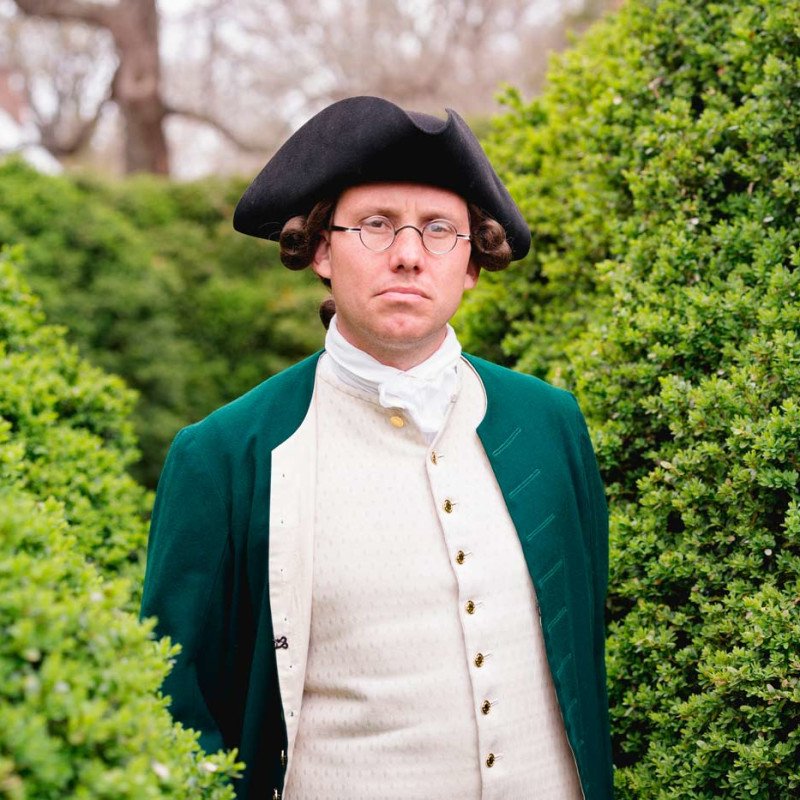
Gowan Pamphlet
Preacher and founder of Williamsburg’s First Baptist Church
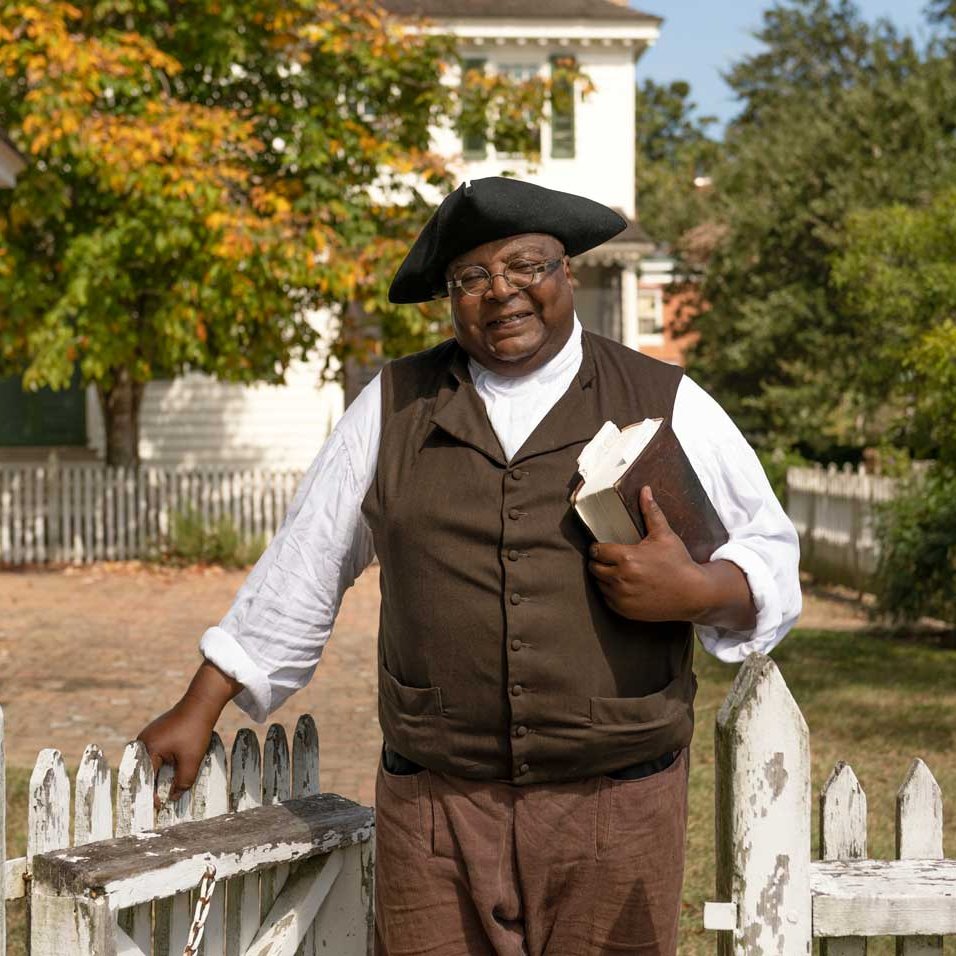
Jane Vobe
Successful Williamsburg tavernkeeper
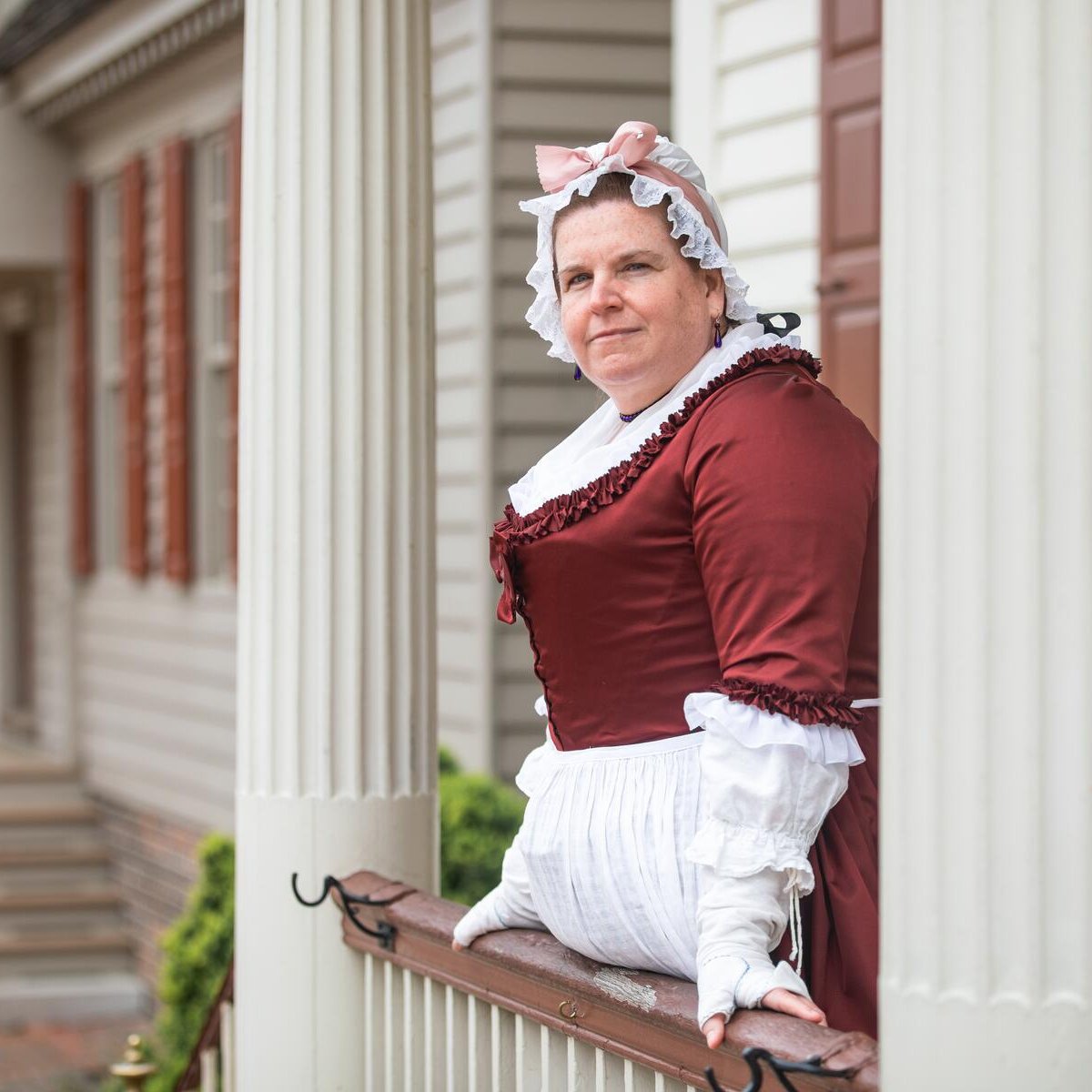
George Washington
Commander of the Continental Army and first president of the United States
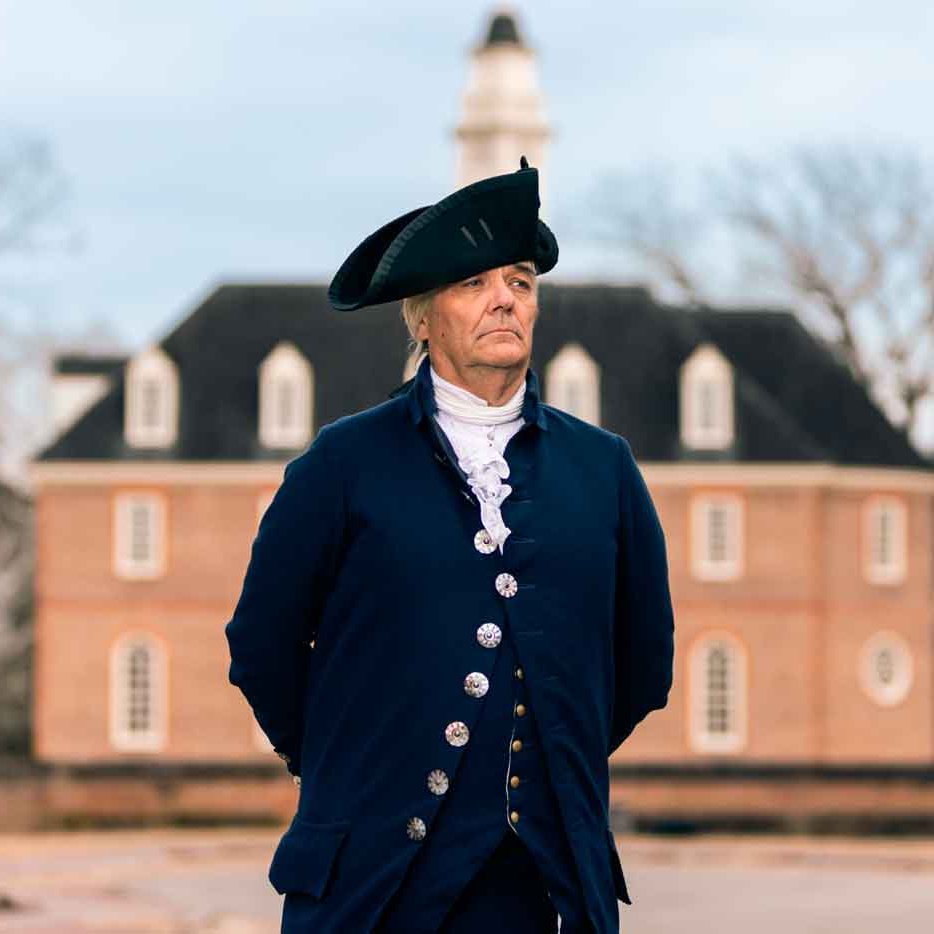
Martha Washington
The First First Lady
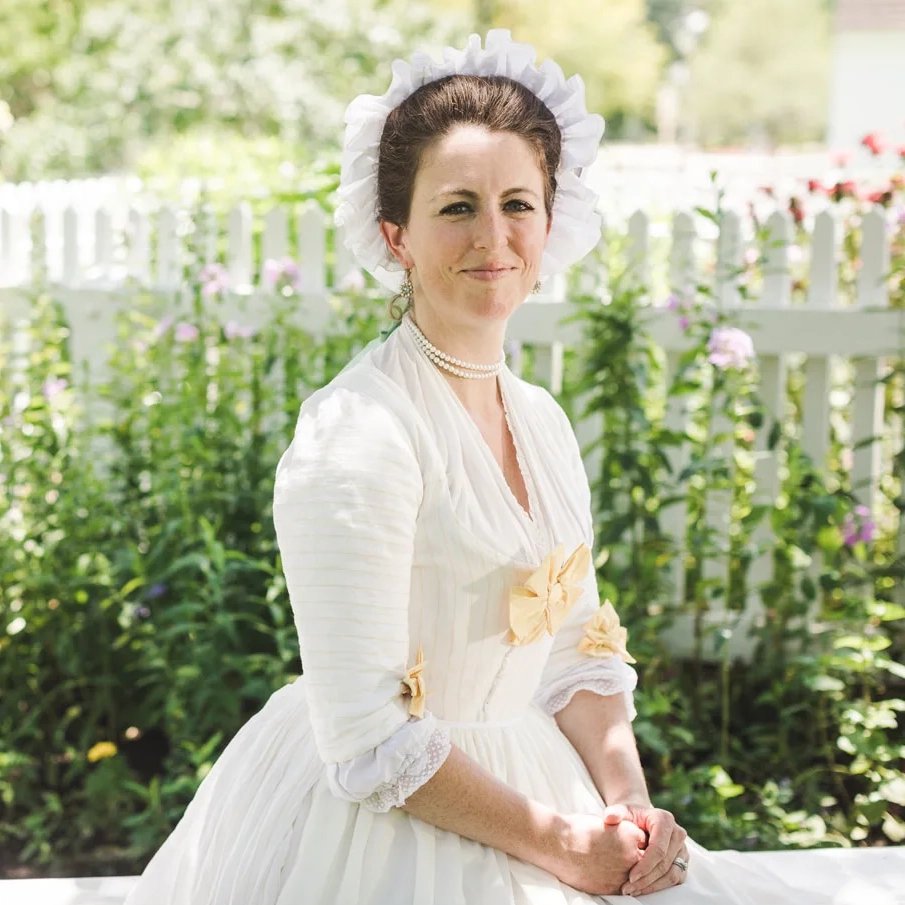
George Wythe
Teacher of some of early America’s most influential minds
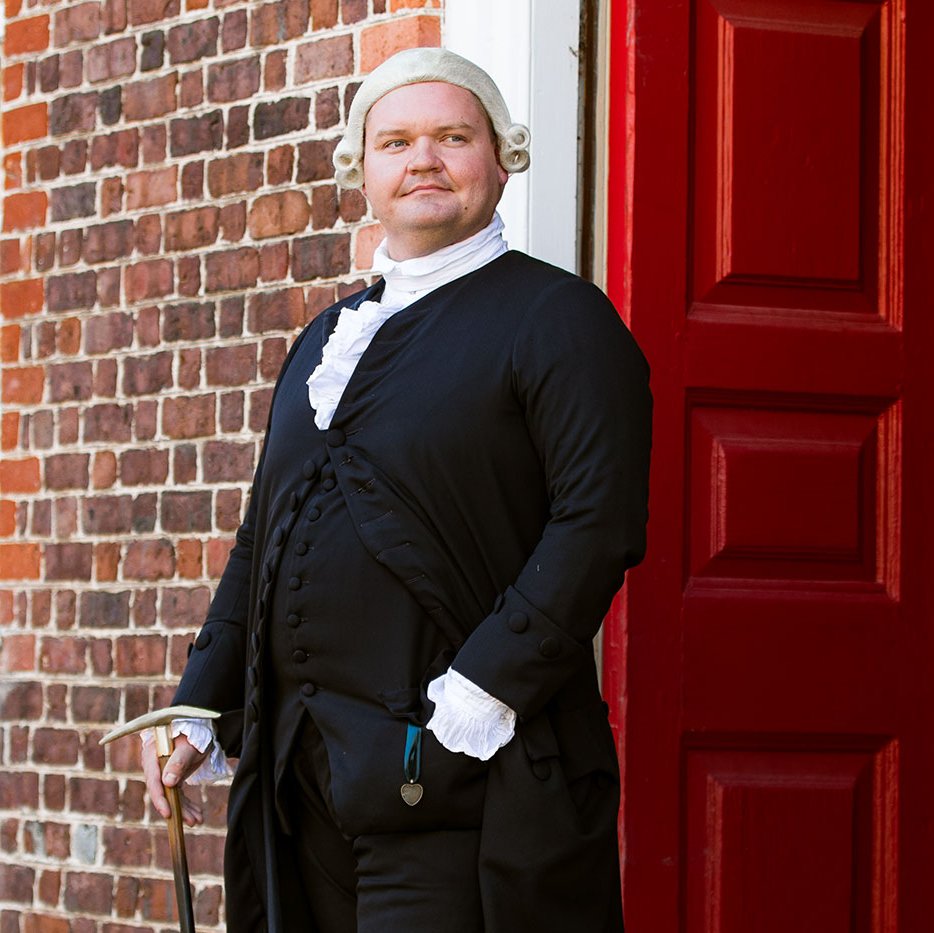
Stories of Women
Women played important and, at times, unexpected roles in early Williamsburg. Their stories, often hidden in the historical record, illuminate their rich contributions to eighteenth-century Virginia's social, economic, and political life. Join us as we celebrate and examine the experiences, lives, and relationships of these women.
Margaret Bannerman
A Woman’s Struggle against Her Fraudulent Husband
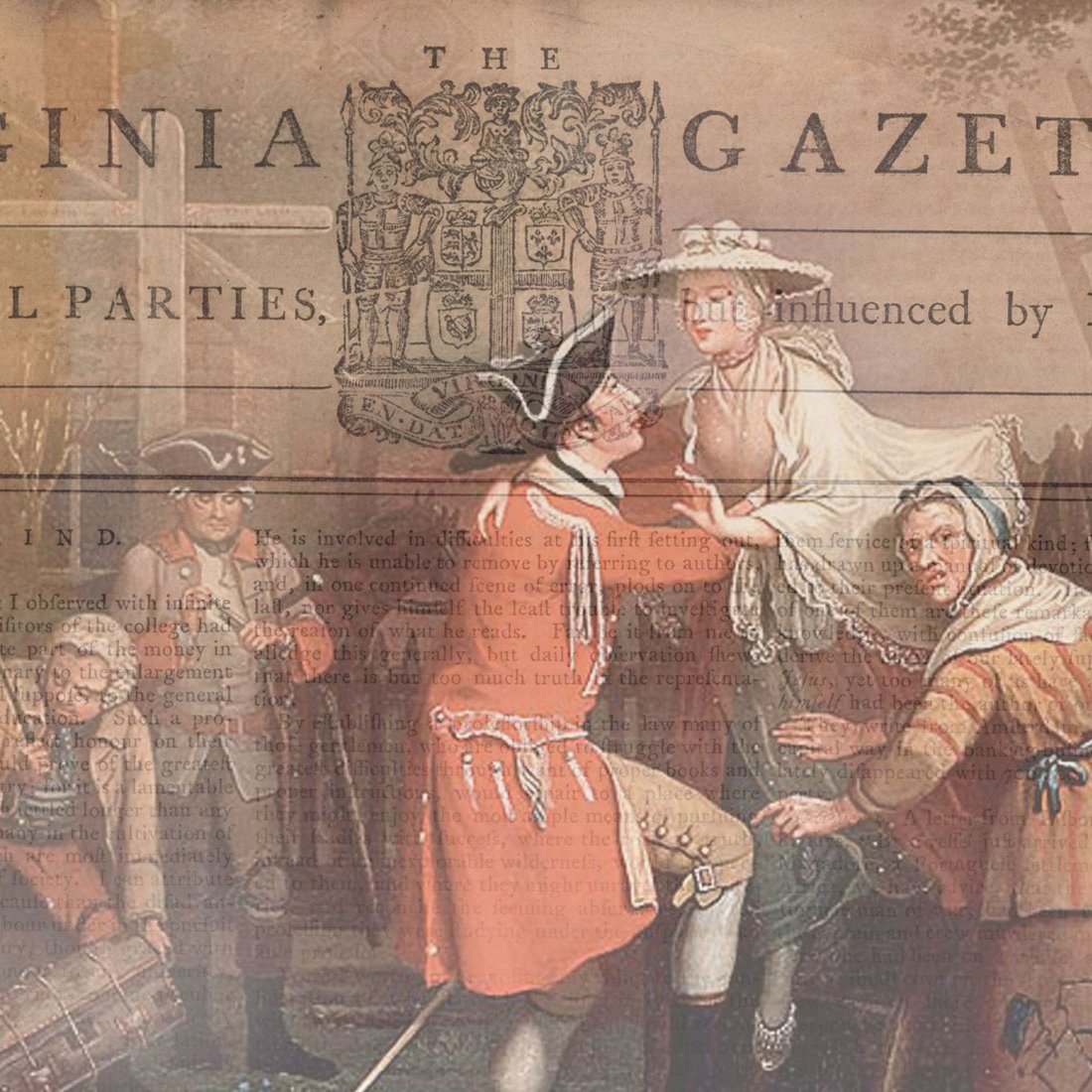
Abigail Briggs
An Indigenous Woman in a White Court
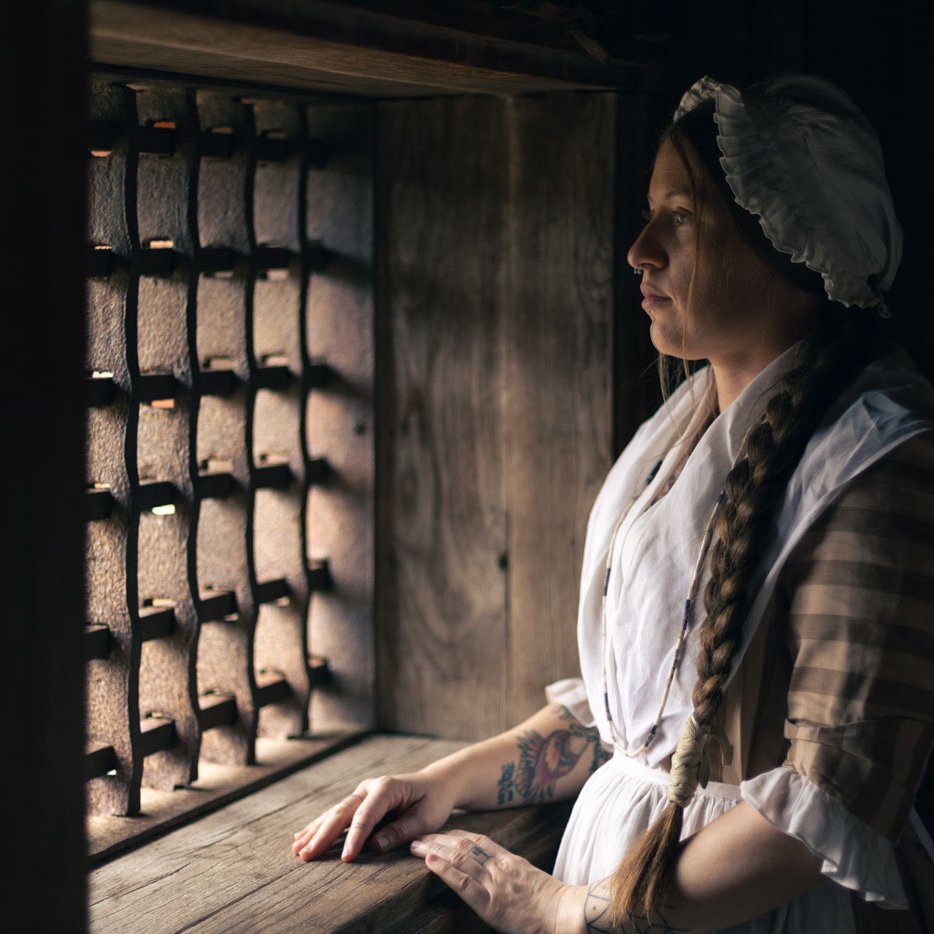
Lydia Broadnax
Unheard Witness to the murder of George Wythe.
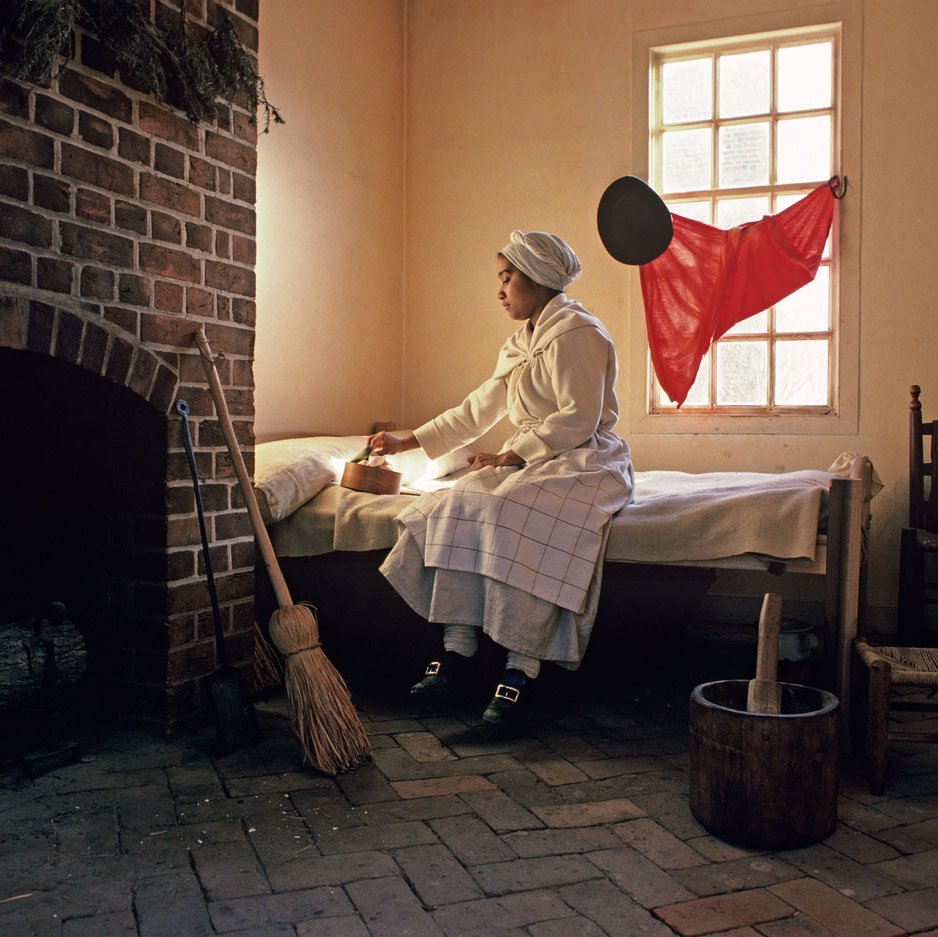
Margaret Hunter
The businesswoman behind the Millinery Shop
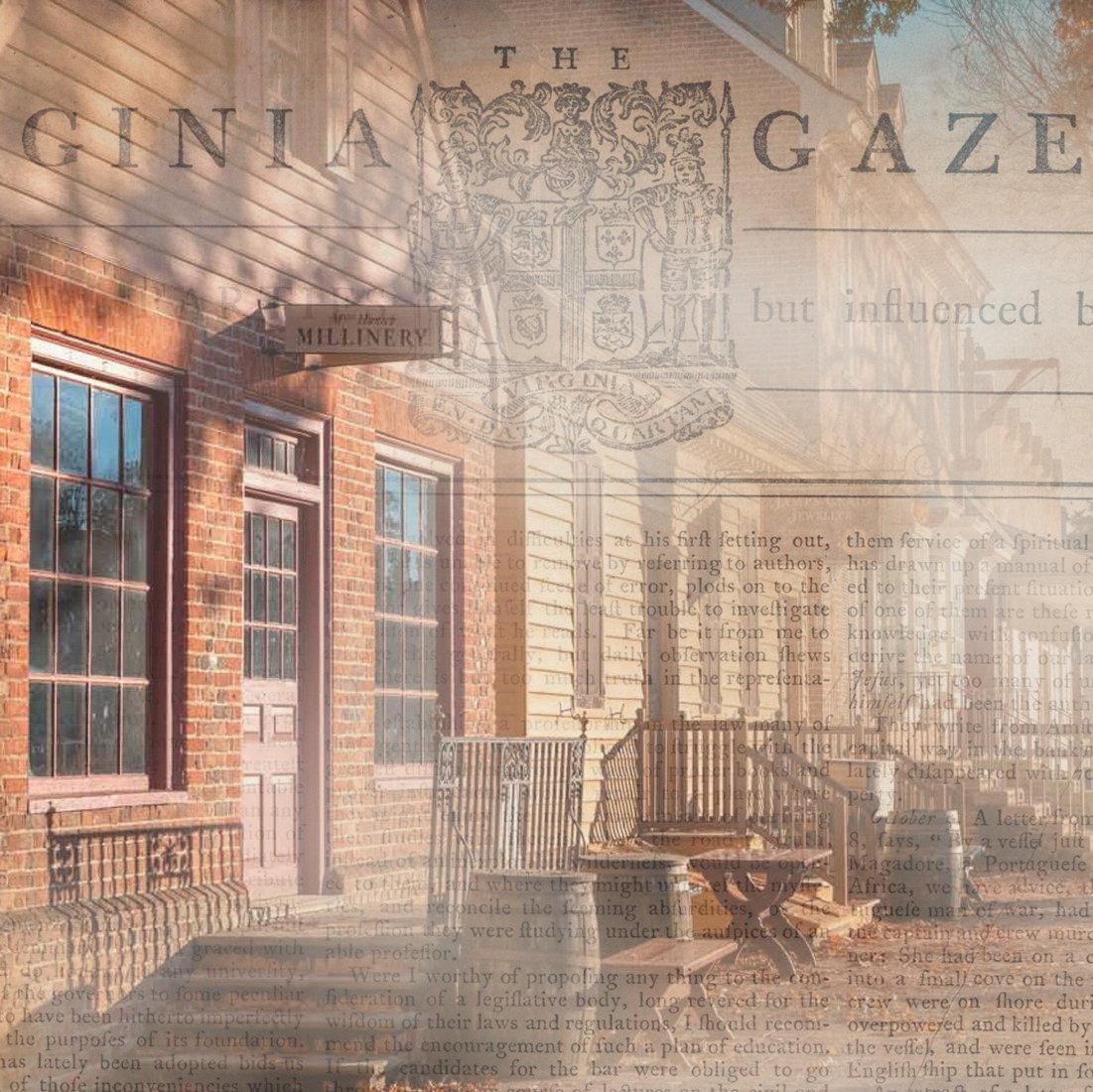
Judith Jackson
A Black Loyalist Flees Virginia
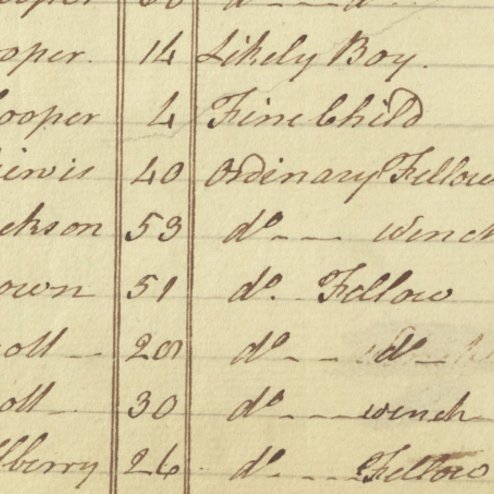
Clementina Rind
The Widow Who Printed the American Revolution
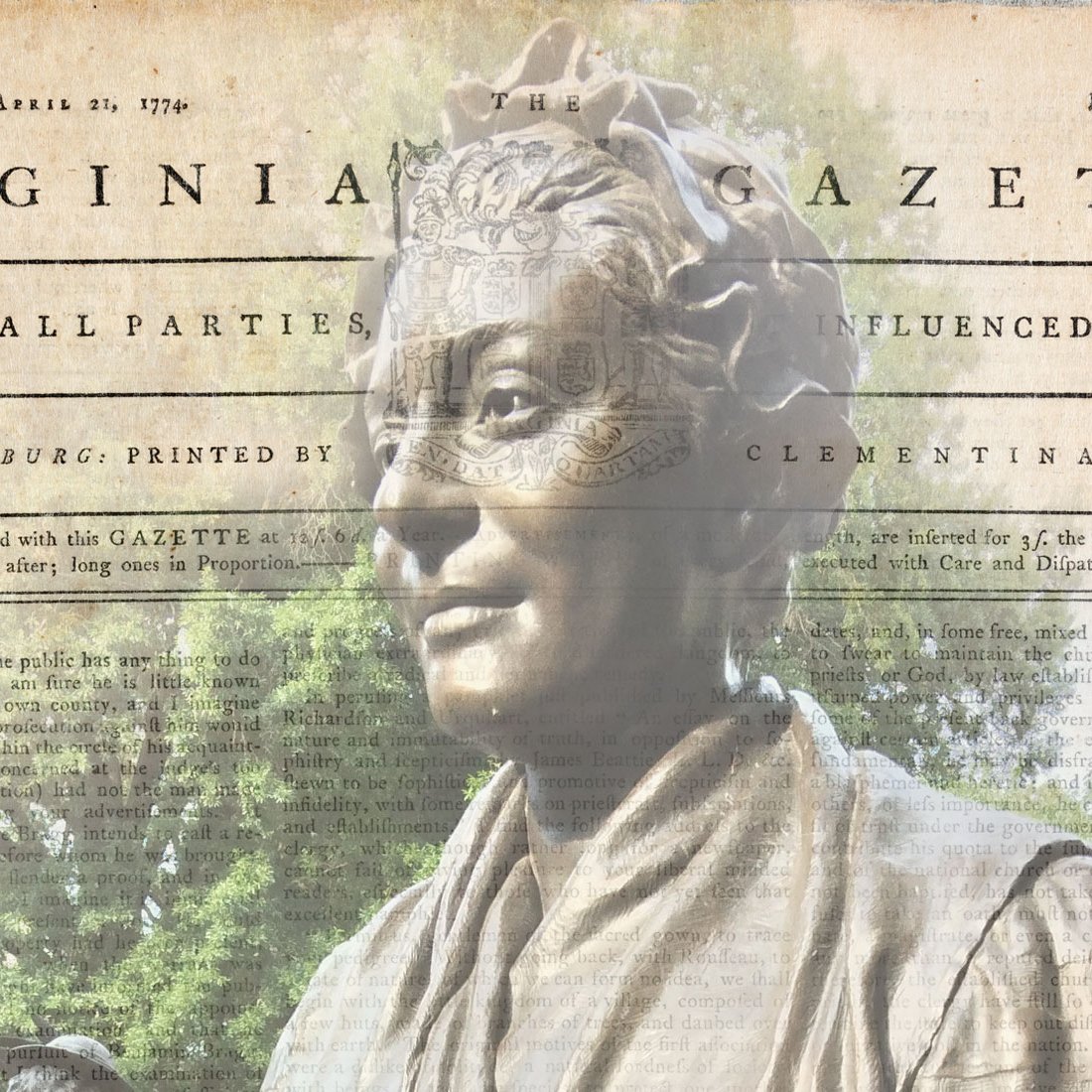
Jane Vobe
Successful Williamsburg tavernkeeper

Ann Wager
Educator at the Bray School in Williamsburg
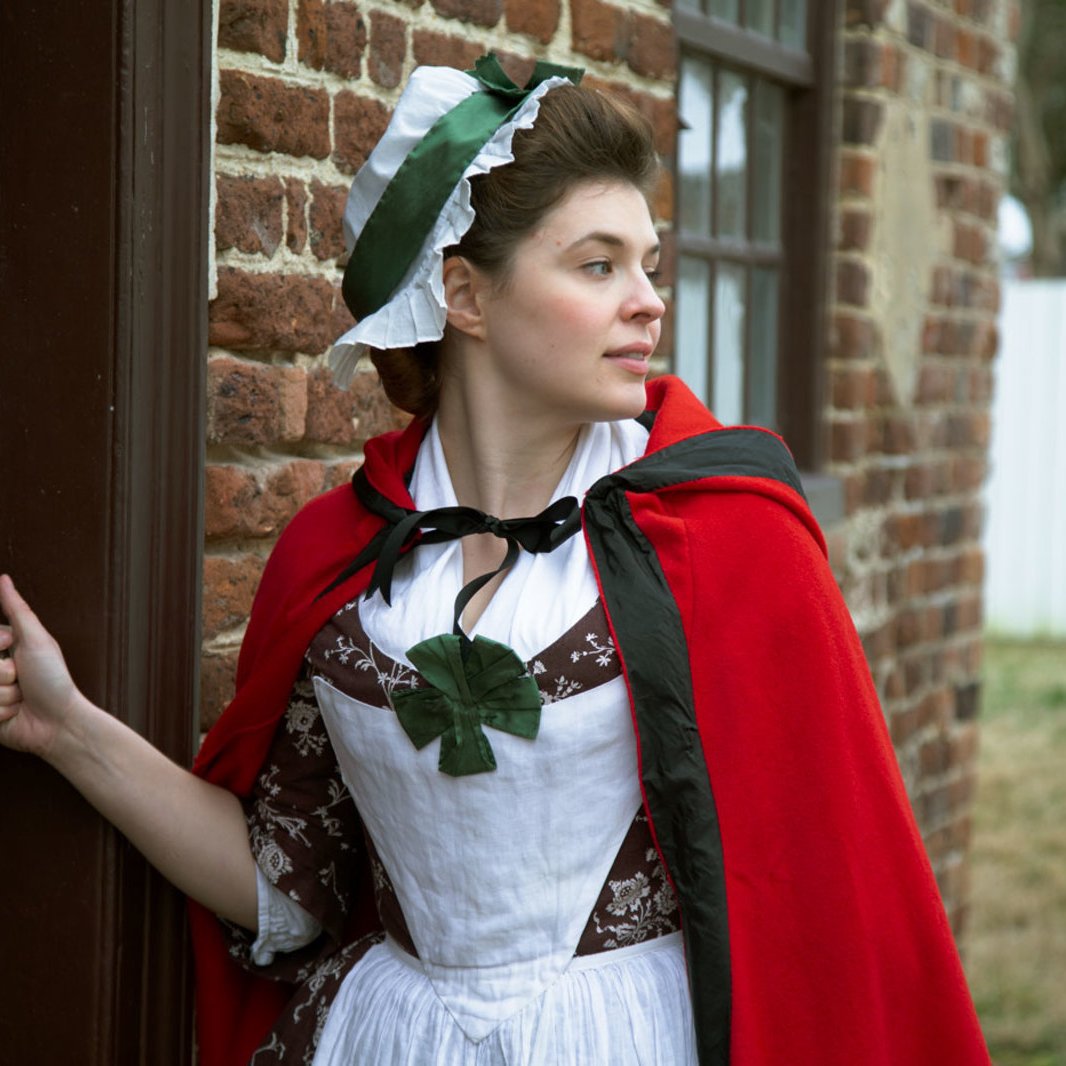
Martha Washington
The First First Lady
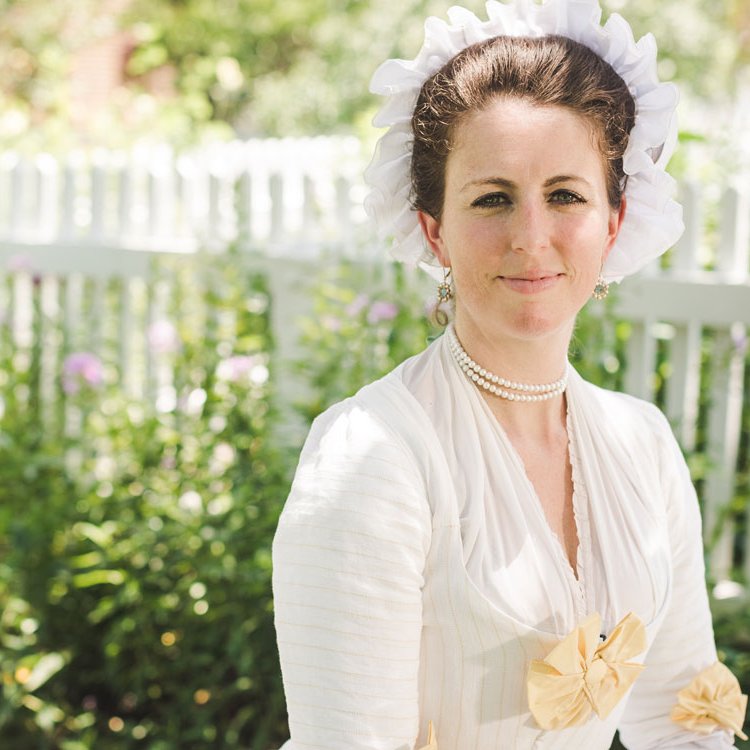
Stories of Black Life
During the 18th century, half of Williamsburg’s population was Black. Discover these American stories of resilience and explore those who lived, loved, and strove to create a better future.
Lydia Broadnax
Unheard Witness to the murder of George Wythe

Fanny and Moses
The Incomplete Story of Underground Allies
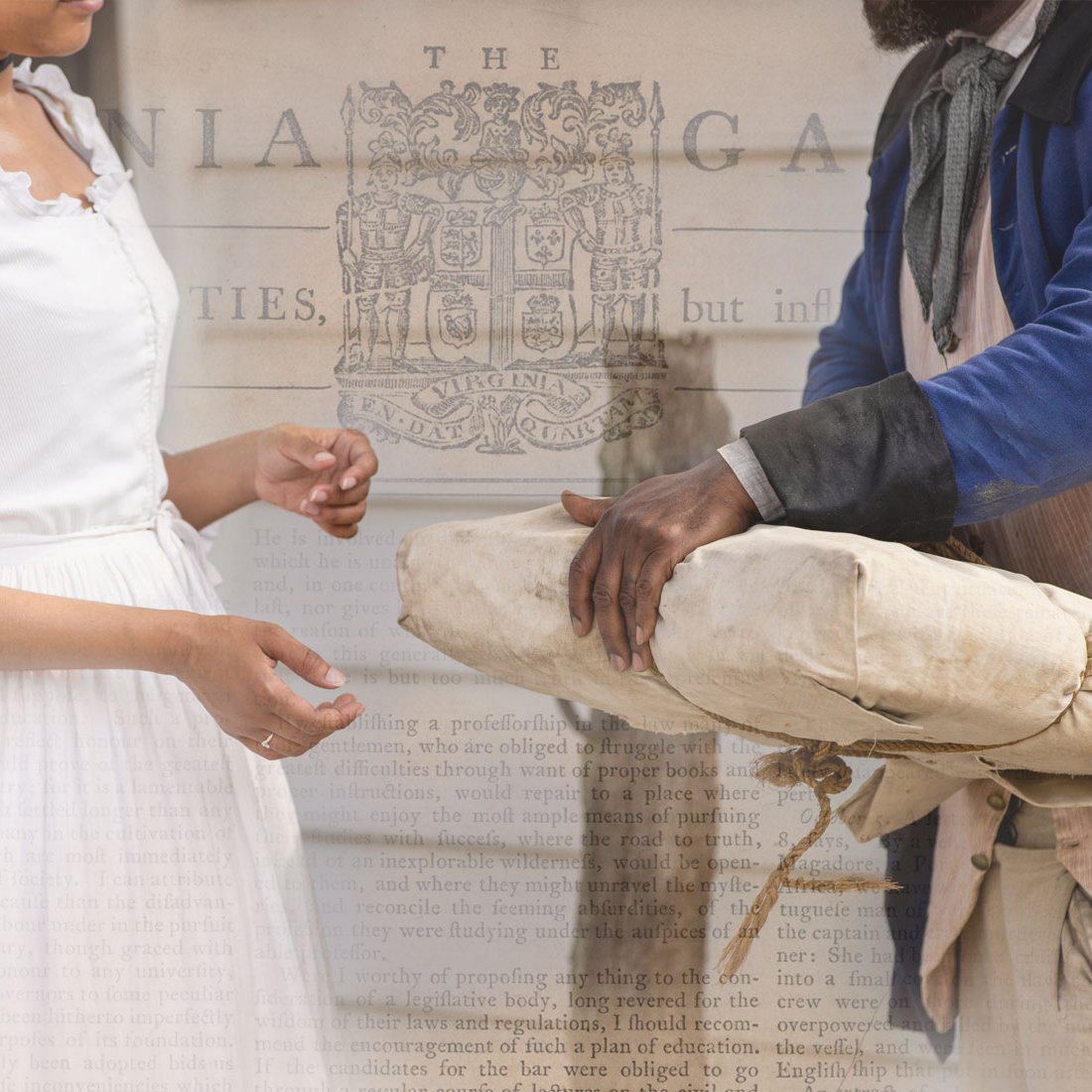
Aaron Griffin
Search for Freedom
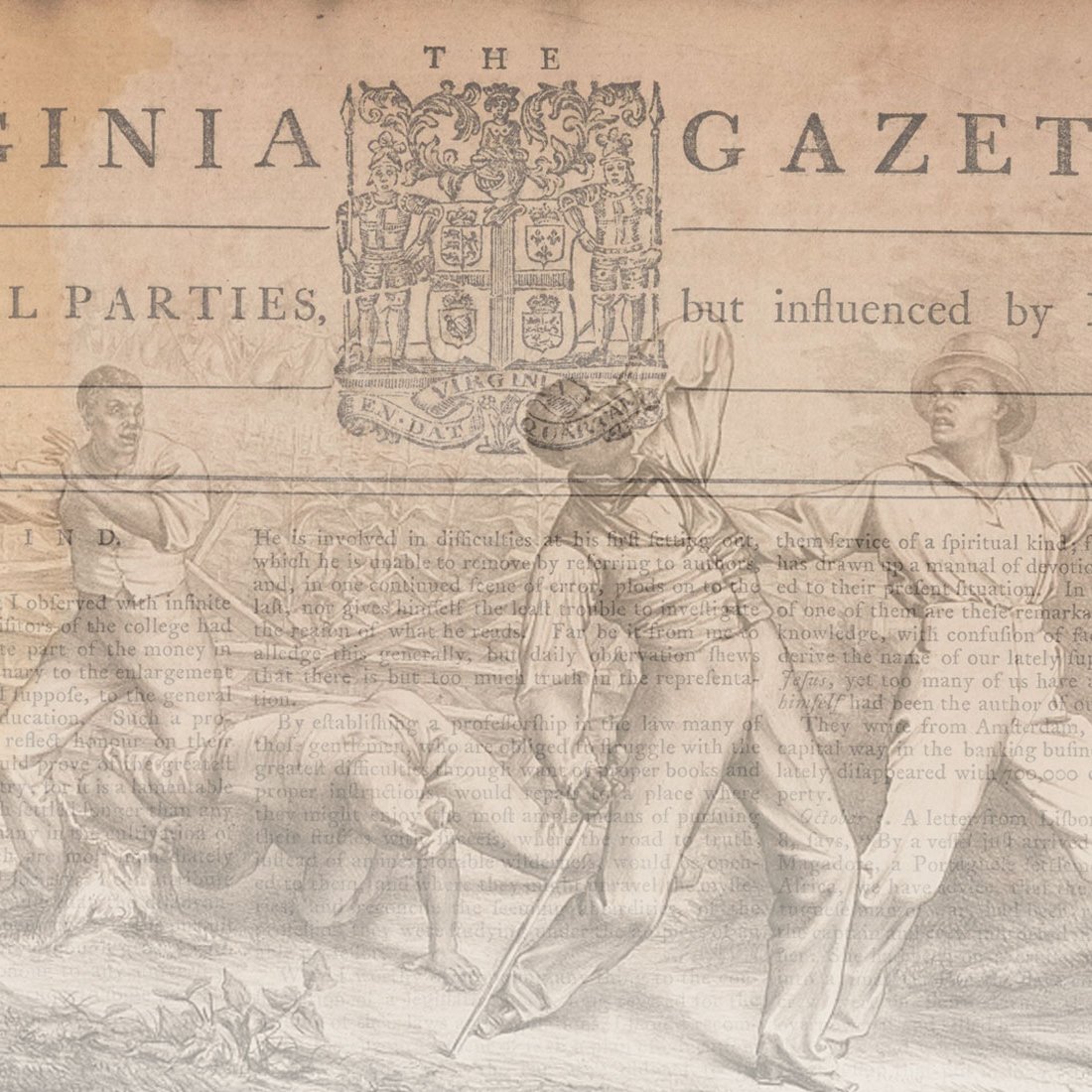
John Harris
The Anatomy of a “Runaway” Advertisement
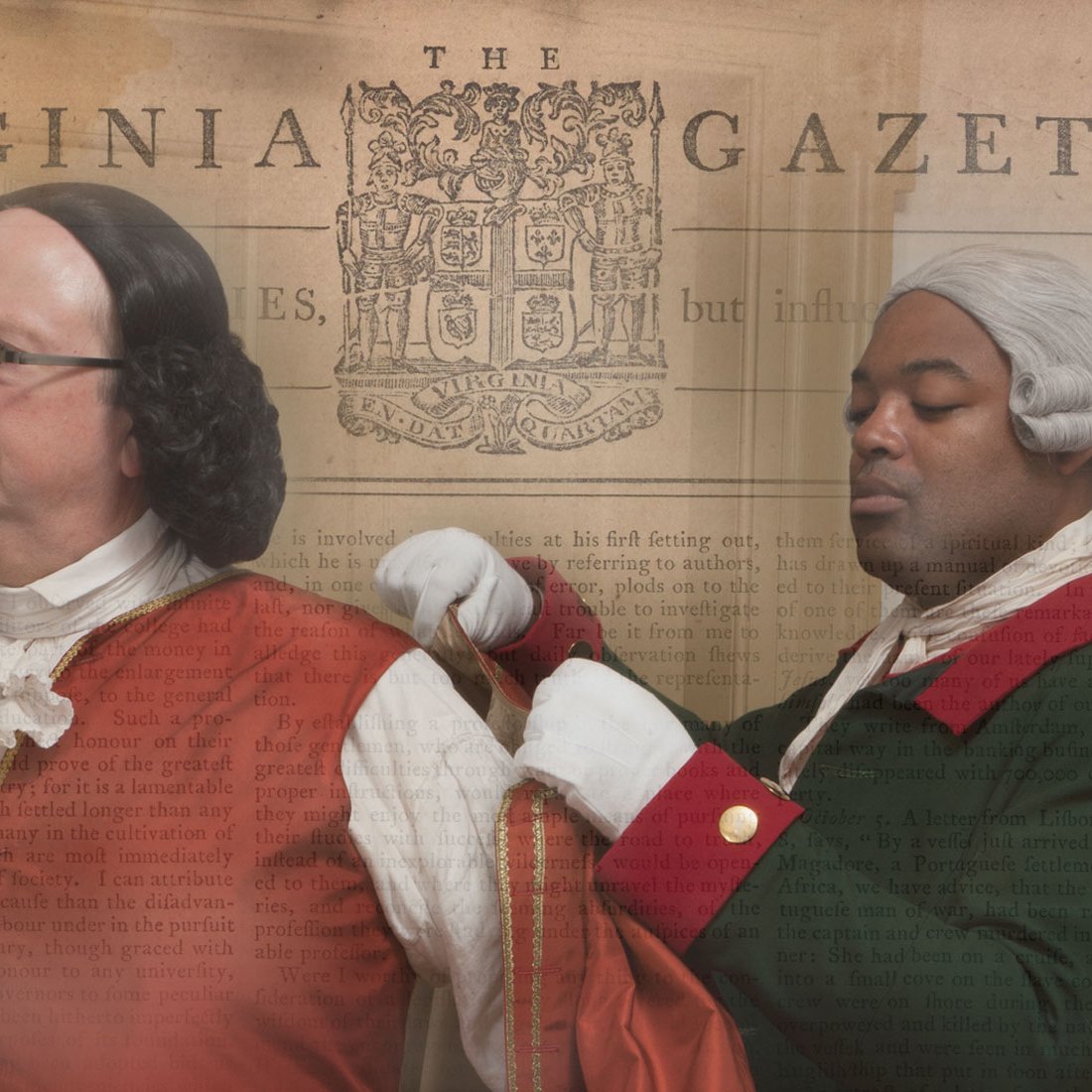
Judith Jackson
A Black Loyalist Flees Virginia

James Lafayette
Double agent during the Revolution
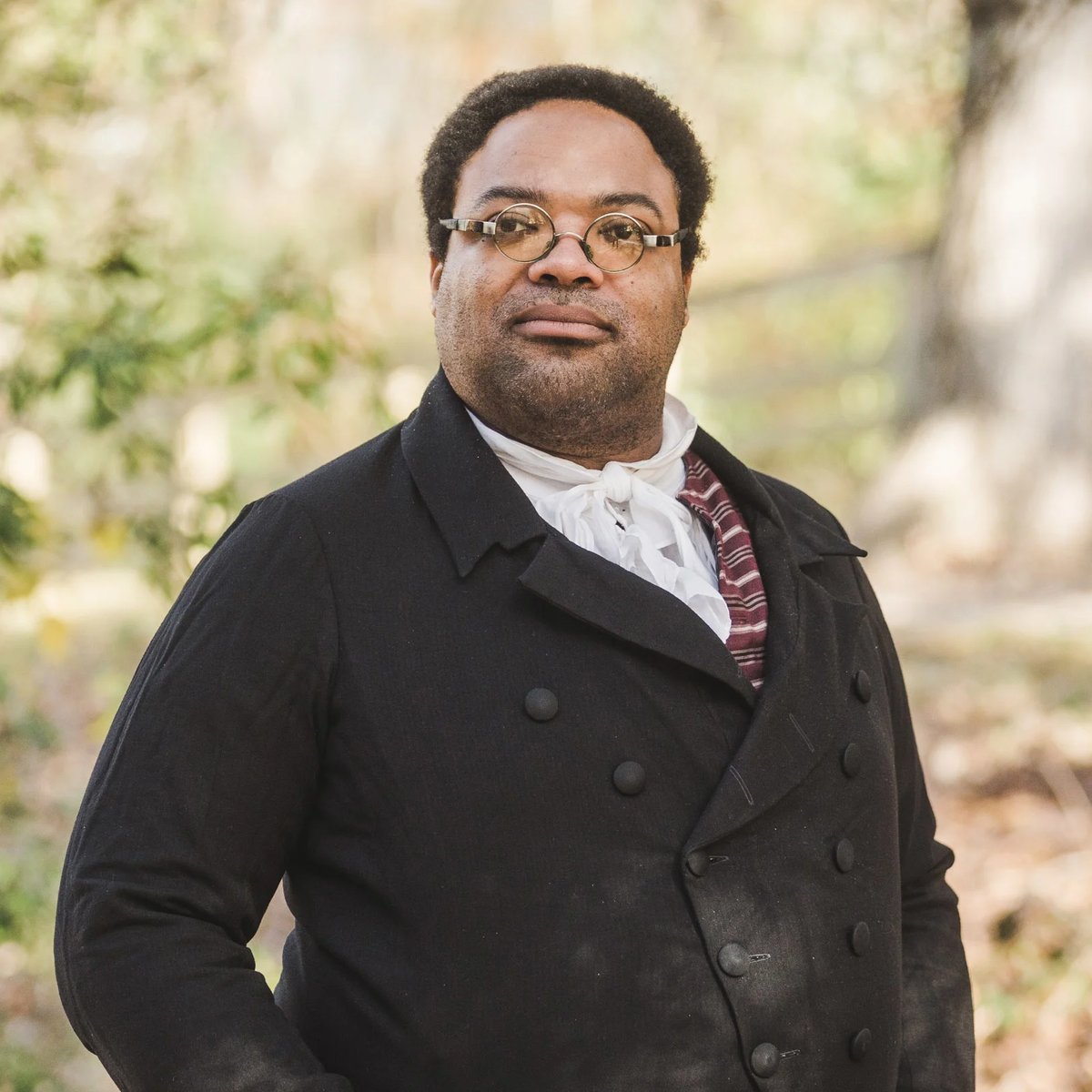
Gowan Pamphlet
Preacher and founder of Williamsburg’s First Baptist Church

Cesar Tarrant
Patriot Pilot
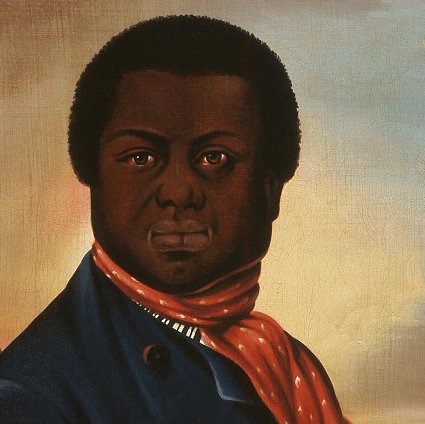
Stories of American Indian Life
American Indians, Native Americans, and/or Indigenous peoples were a regular and frequent presence in 18th-century Williamsburg. These diverse Native nations influenced American culture, democracy, and its struggle for independence. The explorations of these American Indian nations and their role in our collective story then and now are essential in understanding modern American life.
Attakullakulla (Little Carpenter)
A Skilled Diplomat and a Powerful Orator
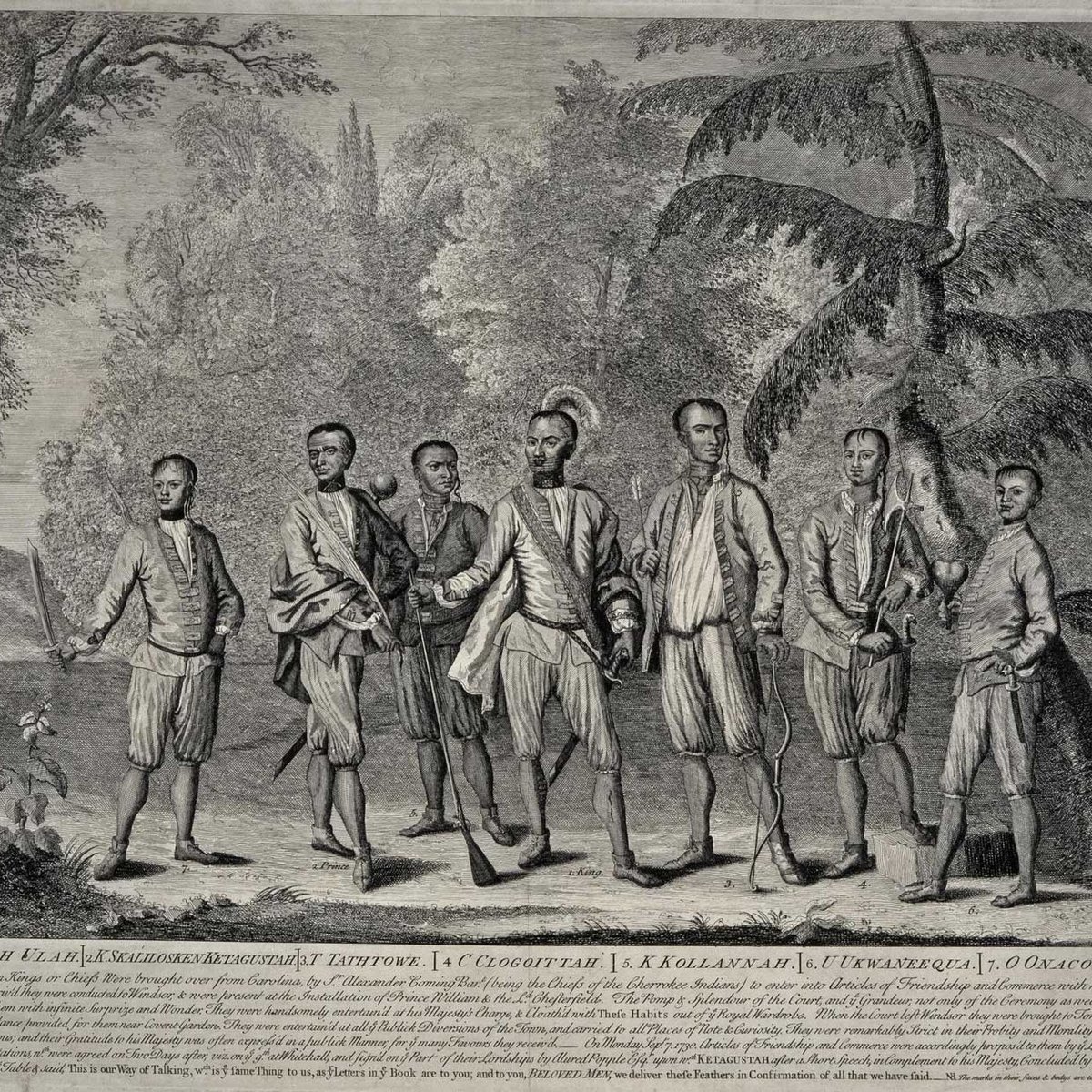
Abigail Briggs
An Indigenous Woman in a White Court

Logan
The Mystery at the Heart of the Shawnee-Dunmore War
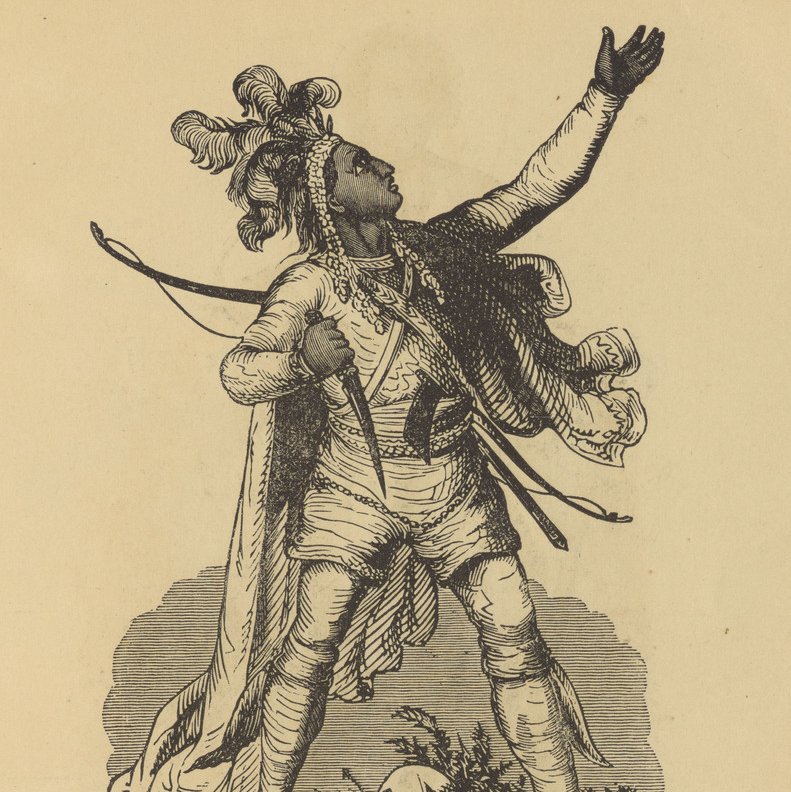
Robert Mursh
An American Indian Revolutionary
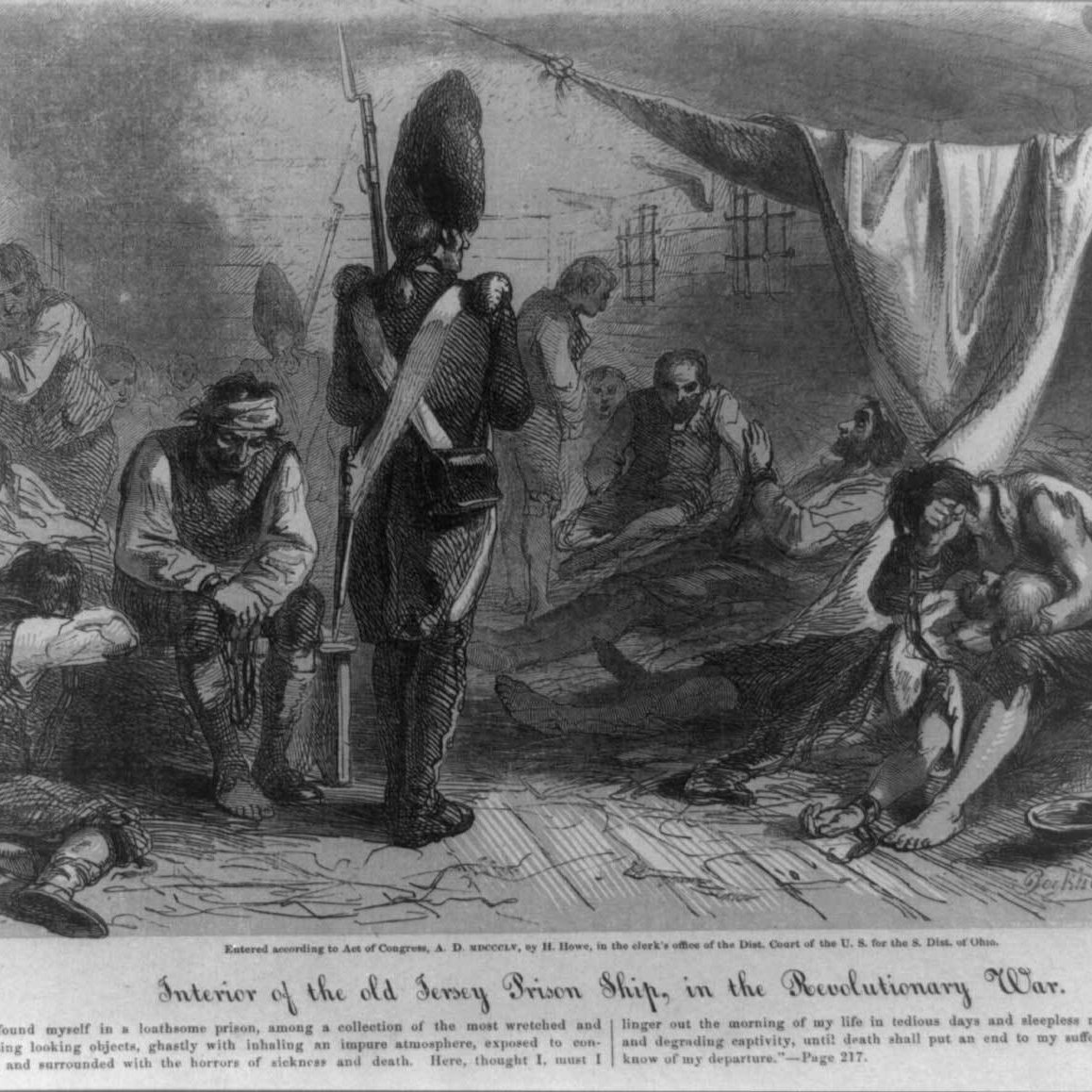
Nanyehi (Nancy Ward)
A Respected Leader among the Cherokee
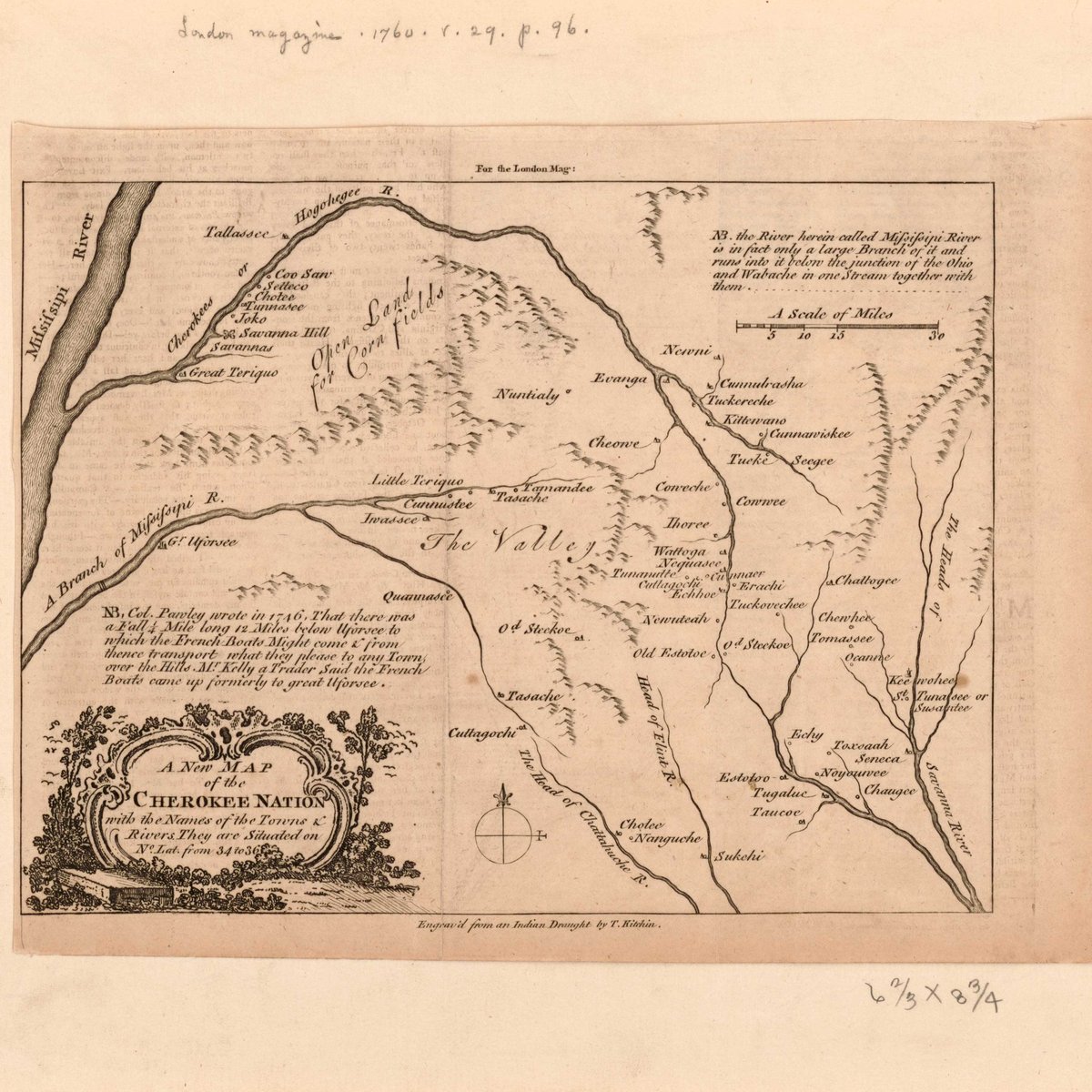
People of Williamsburg
Eighteenth century Williamsburg was a community on the brink of revolution. Learn the stories of ordinary people during extraordinary times.
Attakullakulla (Little Carpenter)
A Skilled Diplomat and a Powerful Orator

Margaret Bannerman
A Woman’s Struggle against Her Fraudulent Husband

Lydia Broadnax
Unheard Witness to the murder of George Wythe.

Robert Carter III
An Unlikely Emancipator
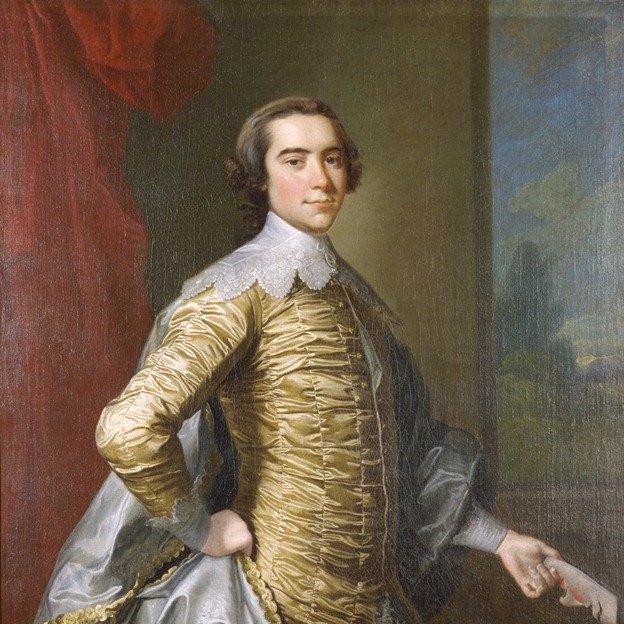
John Custis IV
One of Williamsburg’s most prominent residents
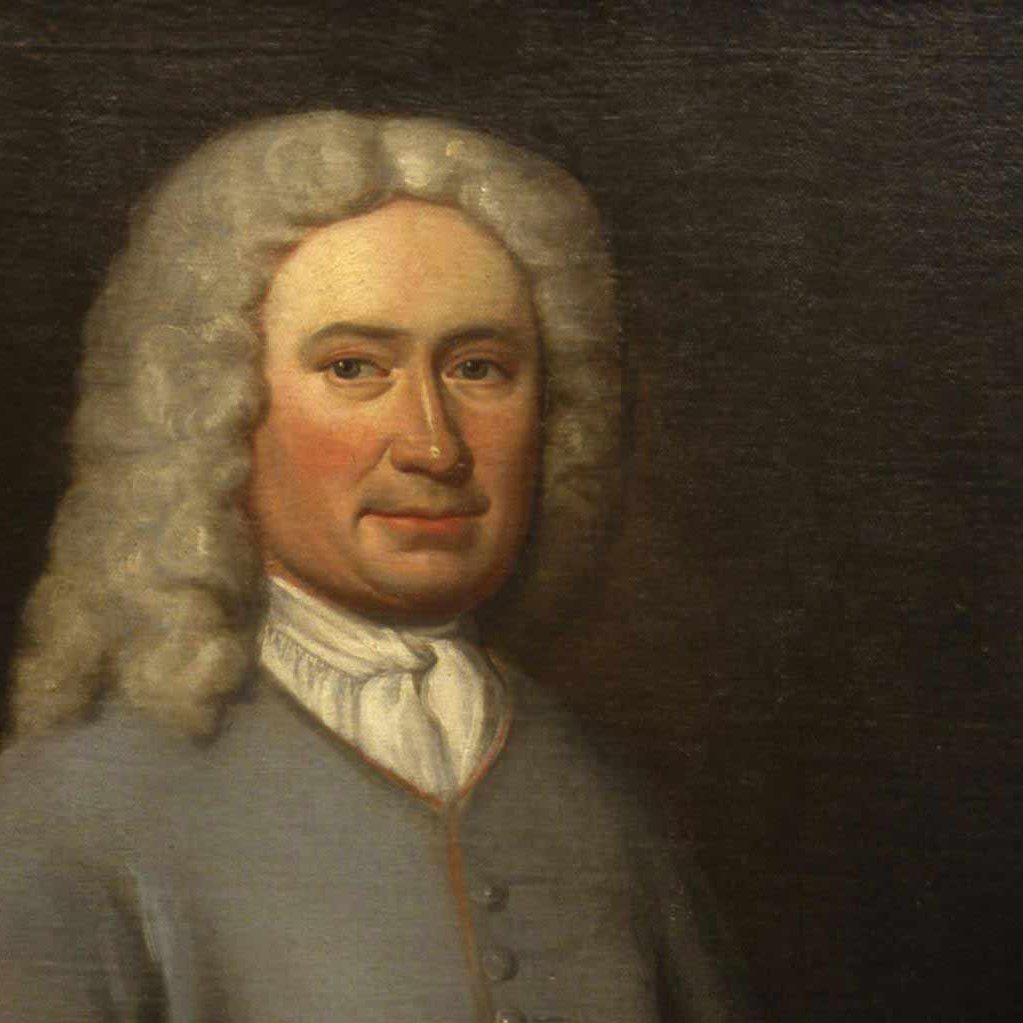
Fanny and Moses
The Incomplete Story of Underground Allies

John Harris
The Anatomy of a “Runaway” Advertisement

Patrick Henry
The Revolution’s most renowned orator

Thomas Jefferson
Author of the Declaration of American Independence and third president of the United States
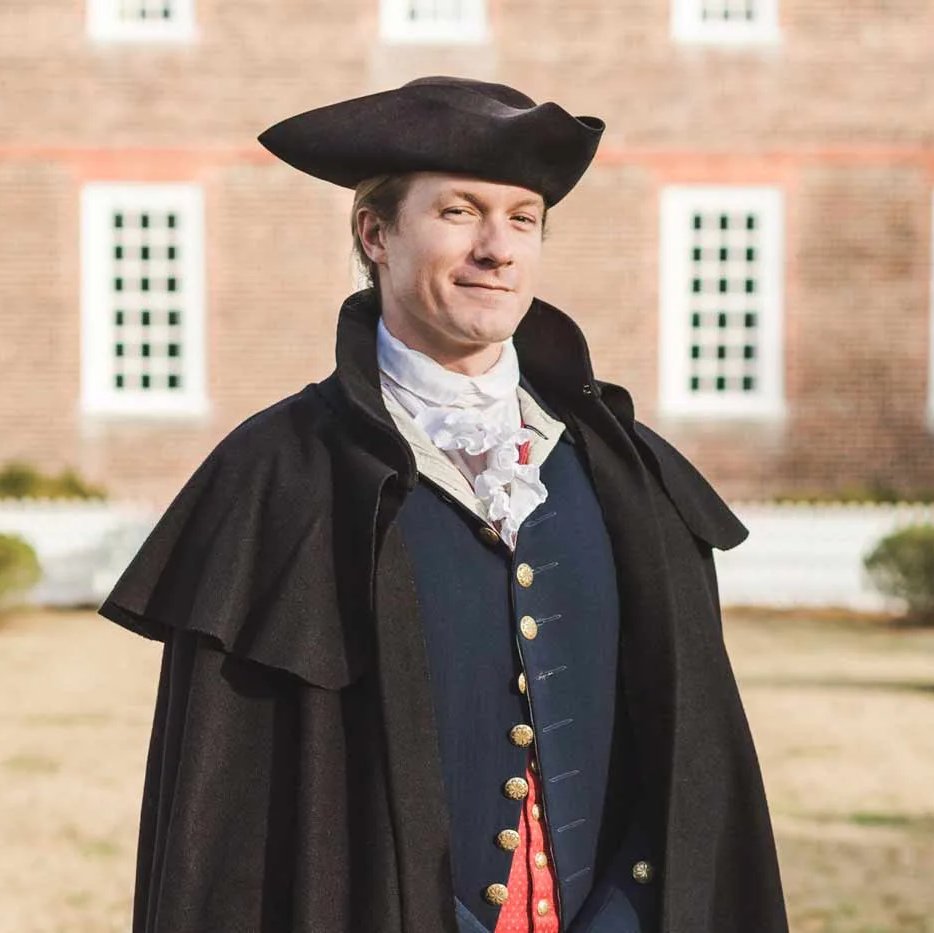
James McClurg
Well-known physician in Virginia and resident at Custis Square
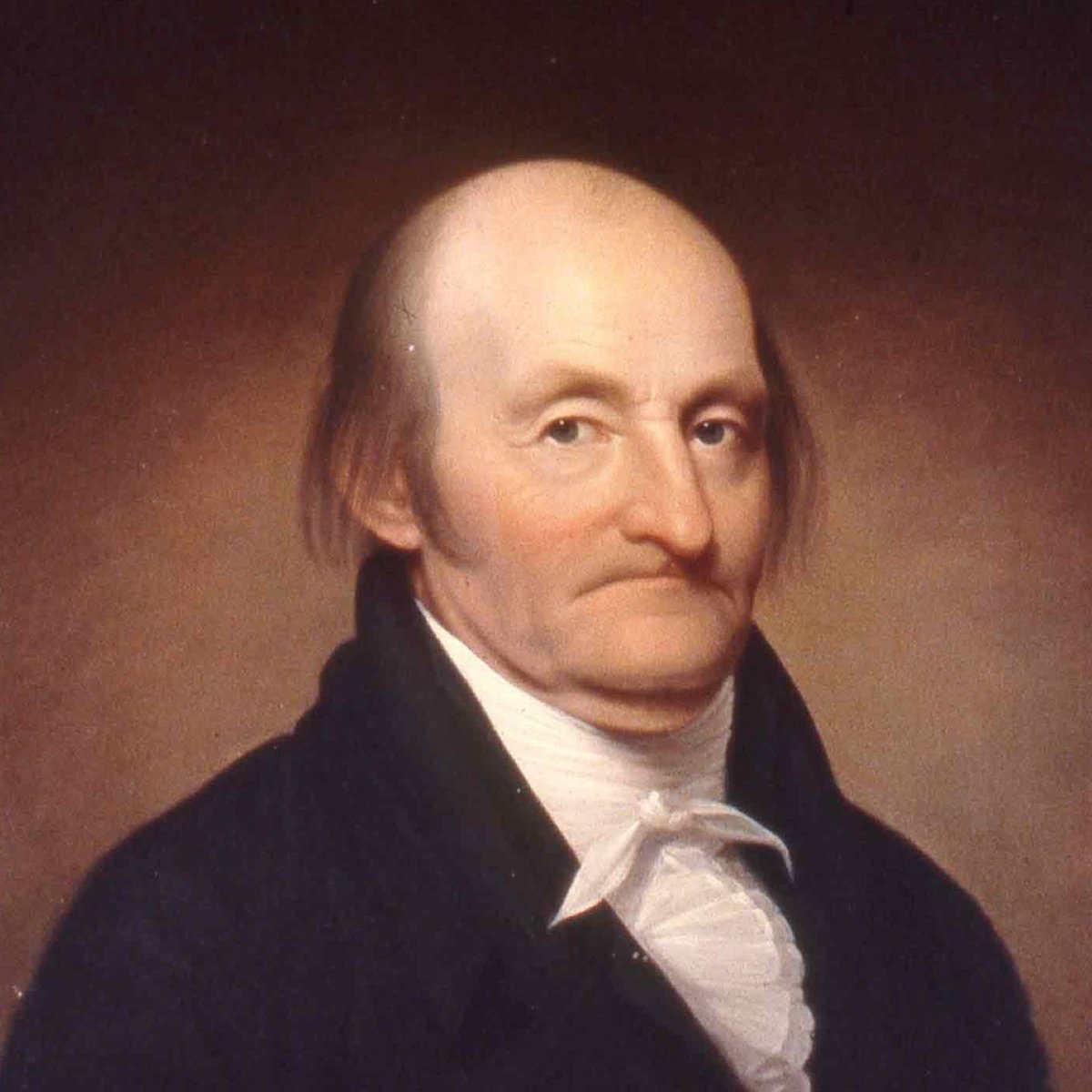
John Murray
Fourth Earl of Dunmore
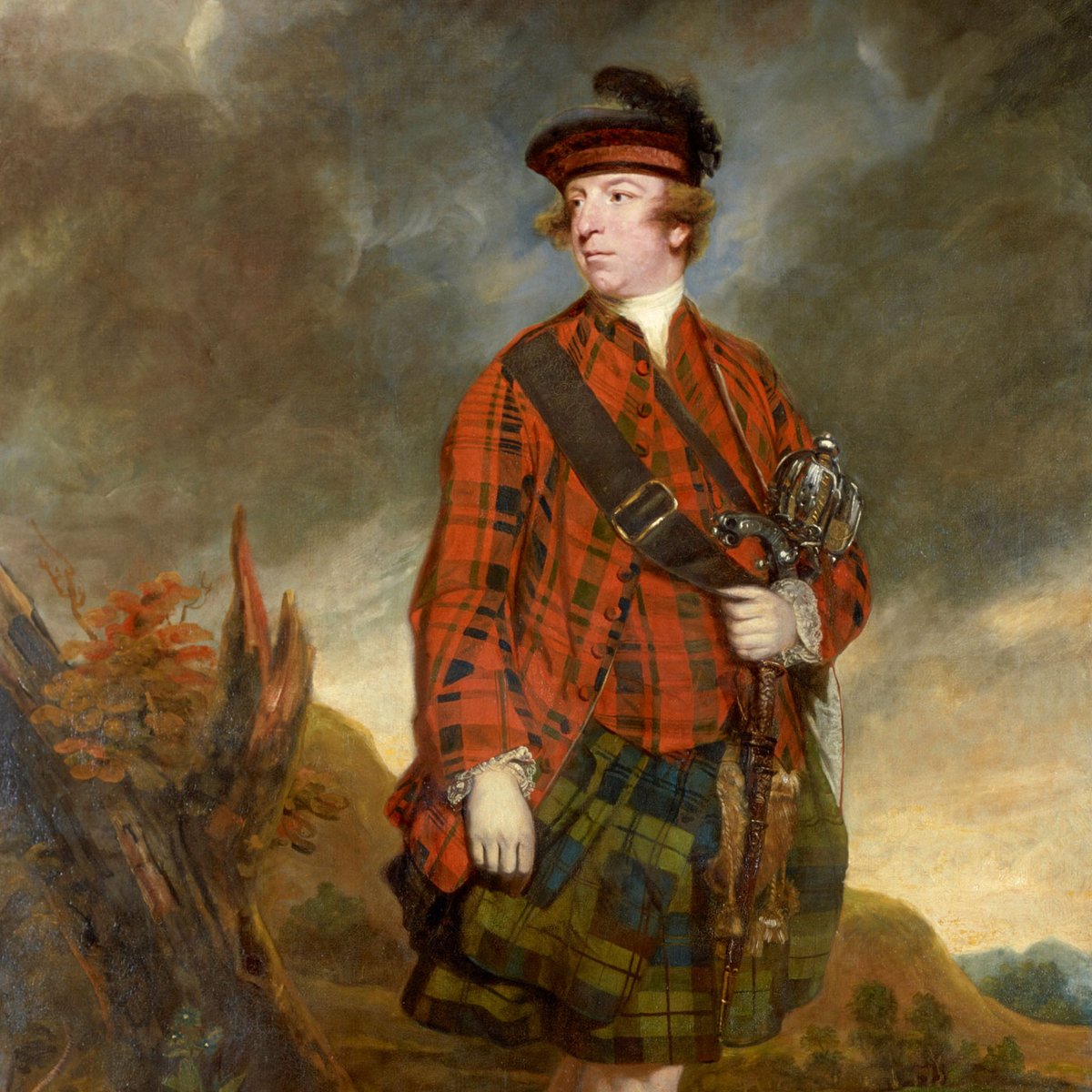
Robert Mursh
An American Indian Revolutionary

Gowan Pamphlet
Preacher and founder of Williamsburg’s First Baptist Church

Peyton Randolph
A Moderate Revolutionary
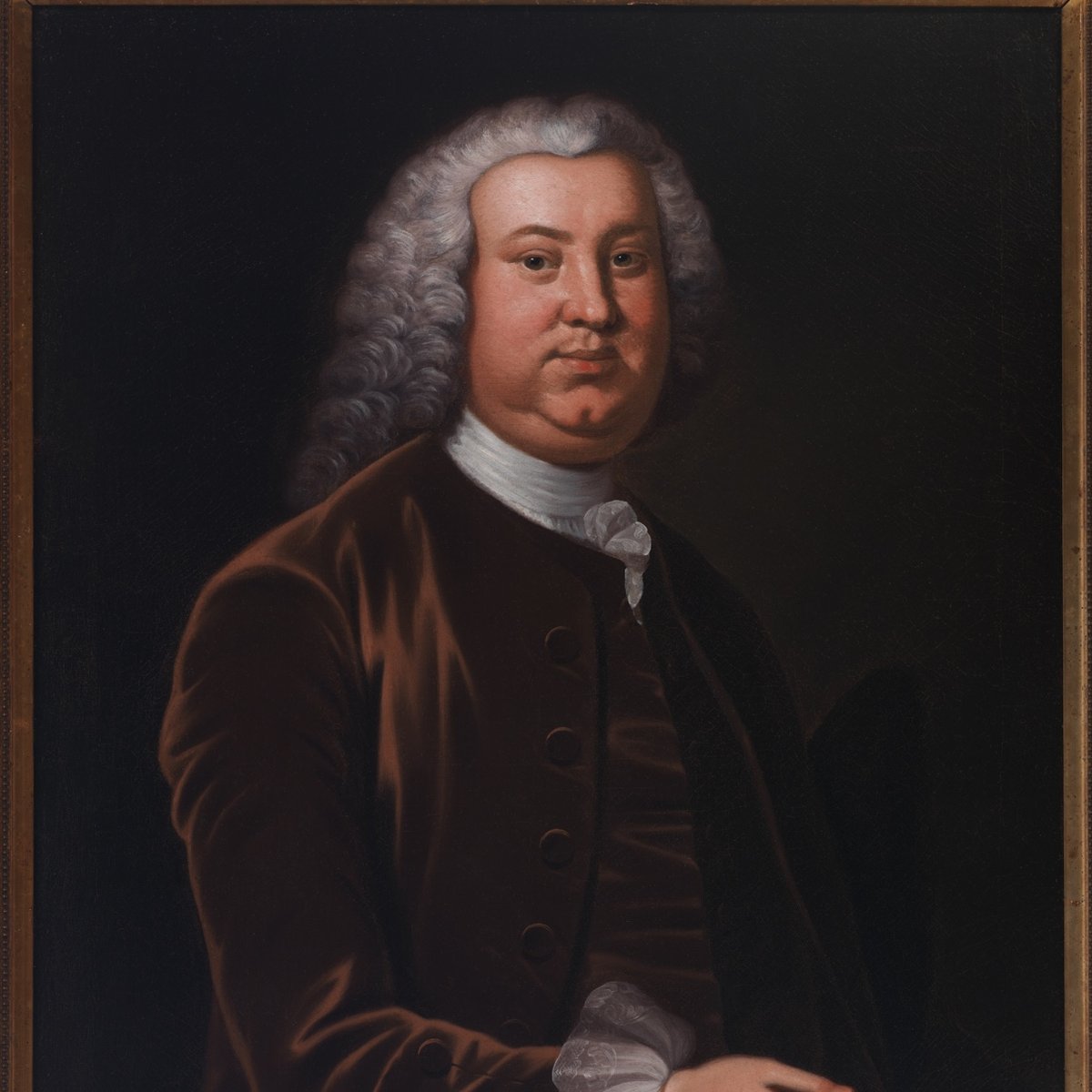
Clementina Rind
The Widow Who Printed the American Revolution

Peter Scott
Williamsburg’s First Cabinetmaker
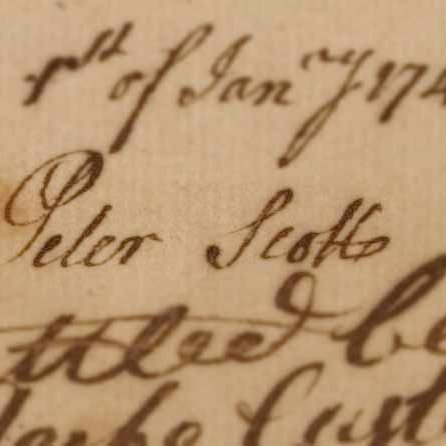
Jane Vobe
Successful Williamsburg tavernkeeper

Ann Wager
Educator at the Bray School in Williamsburg

Nanyehi (Nancy Ward)
A Respected Leader among the Cherokee

Martha Washington
The First First Lady

George Wythe
Teacher of some of early America’s most influential minds

